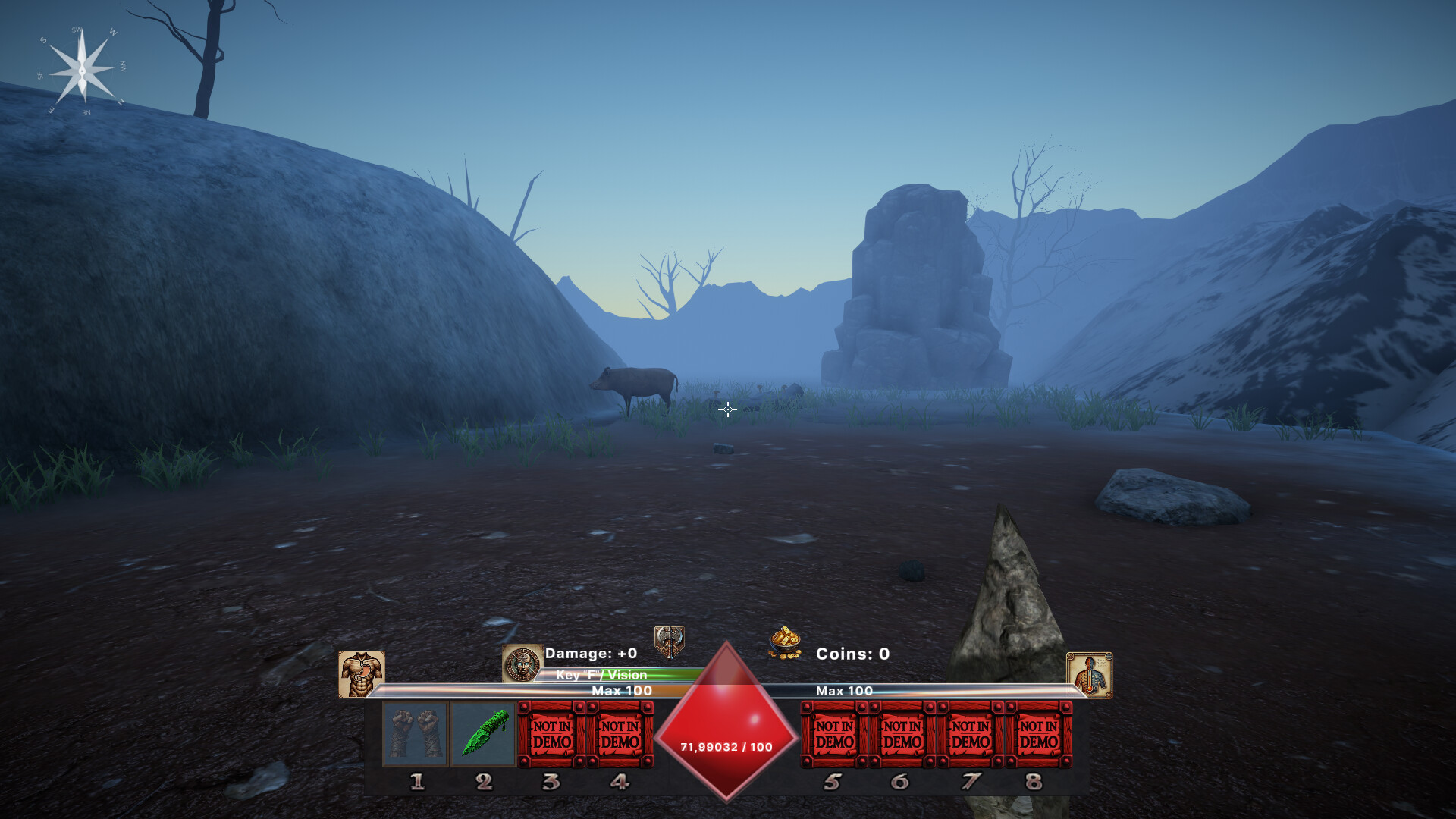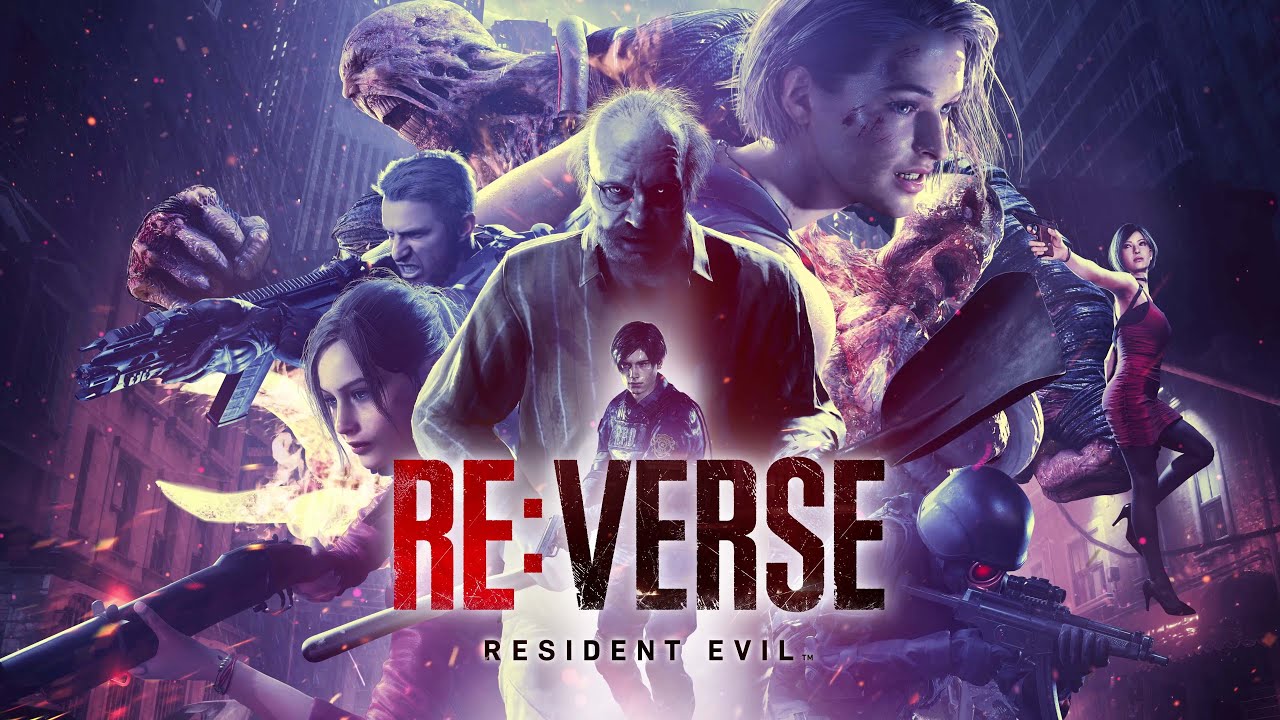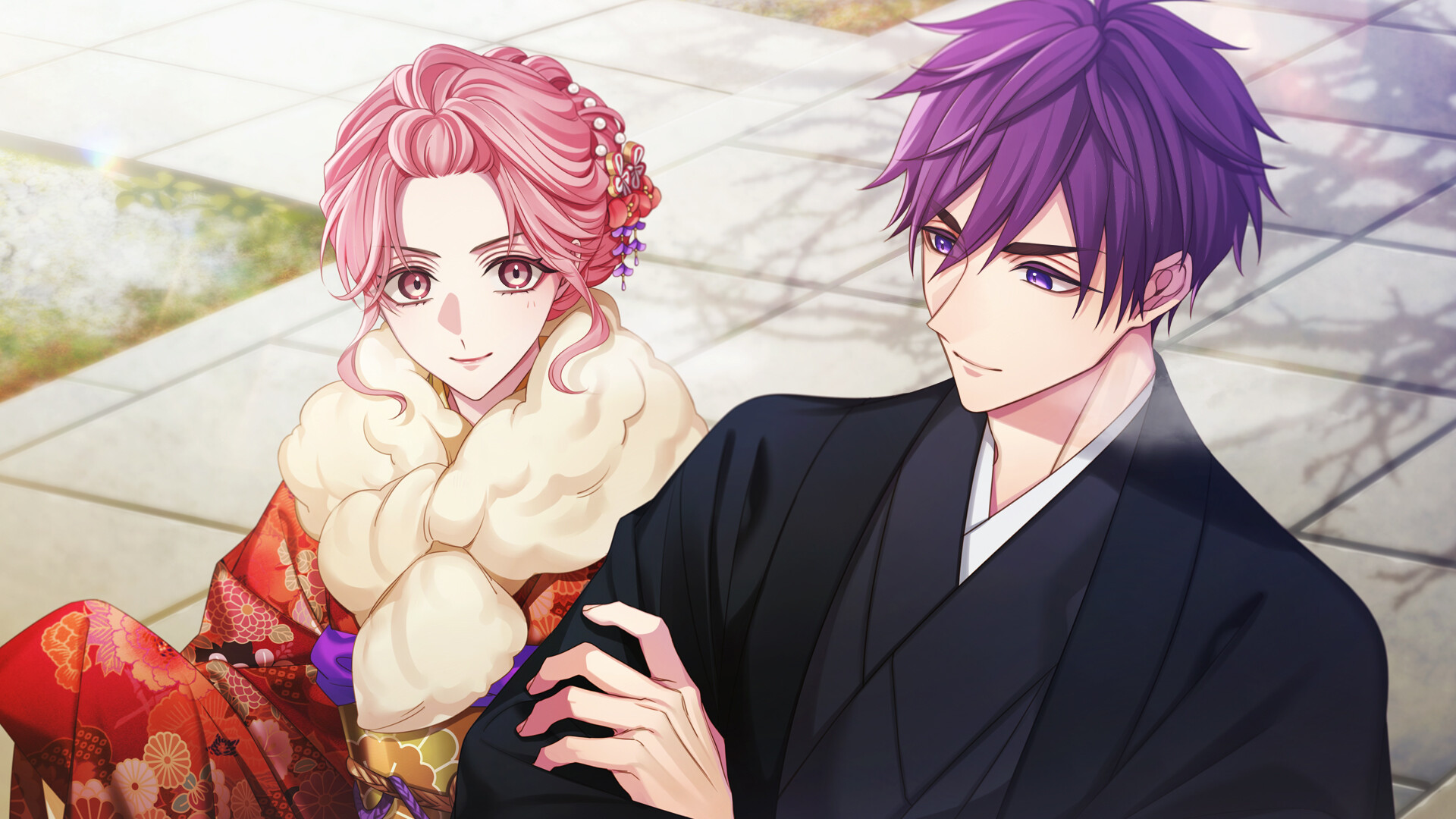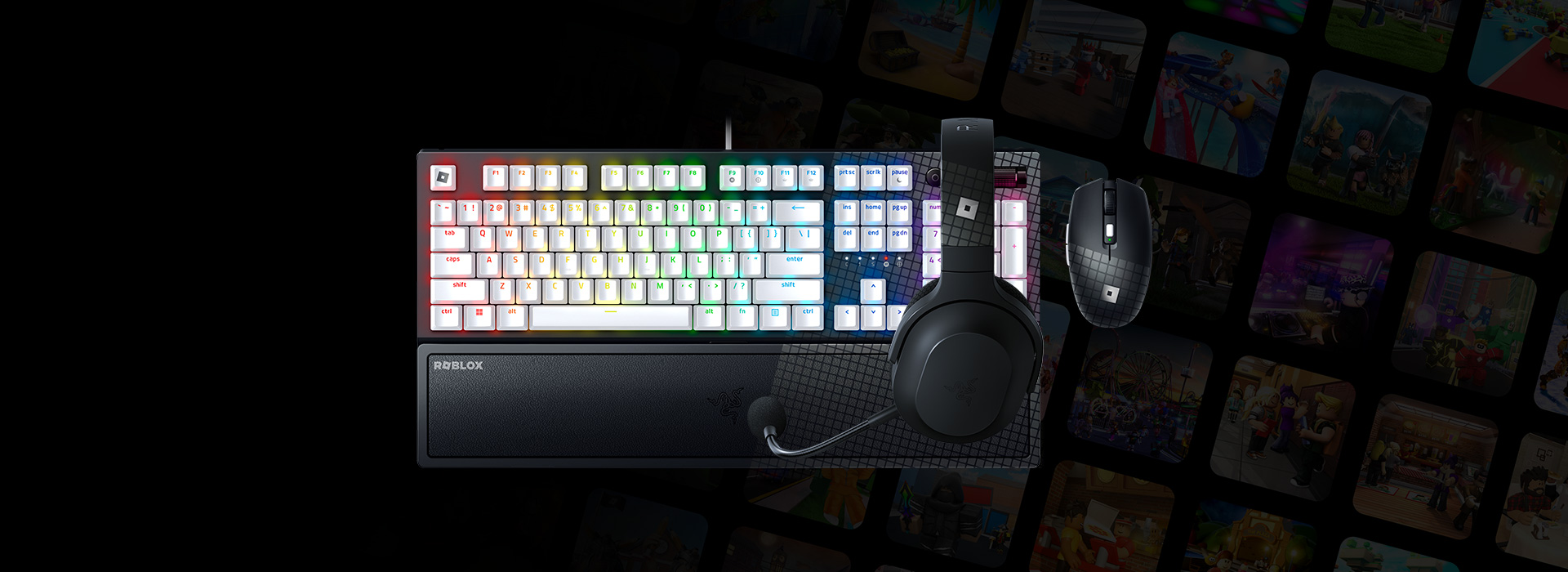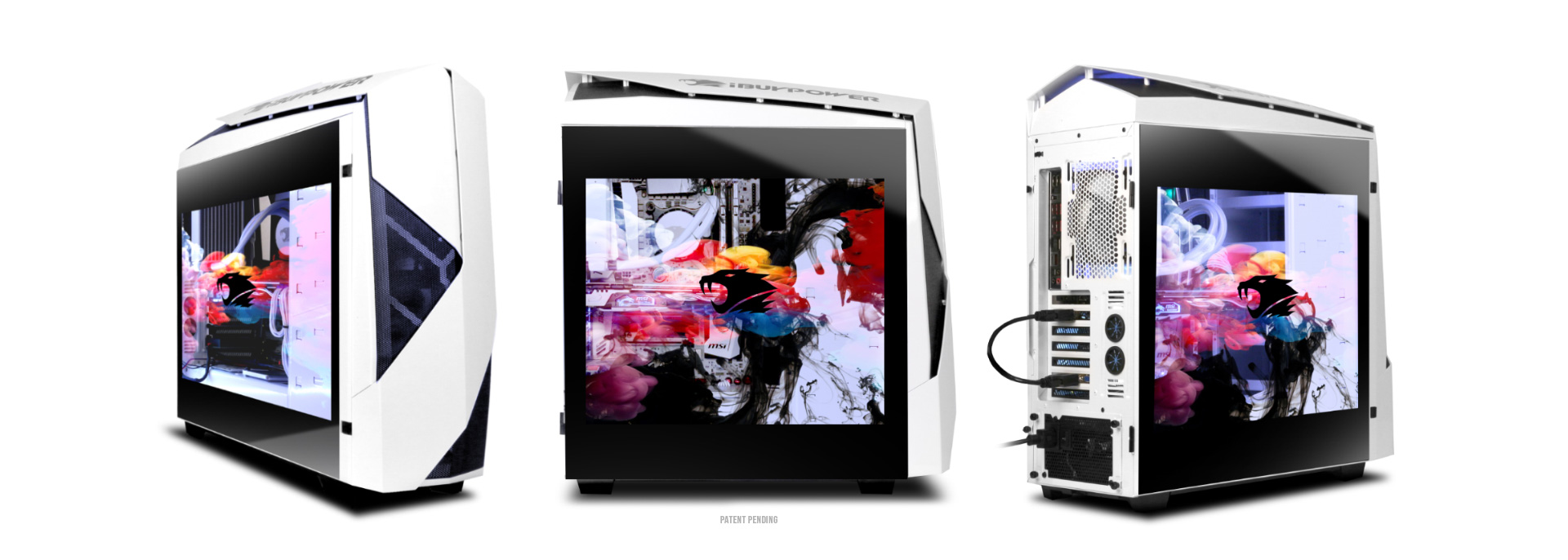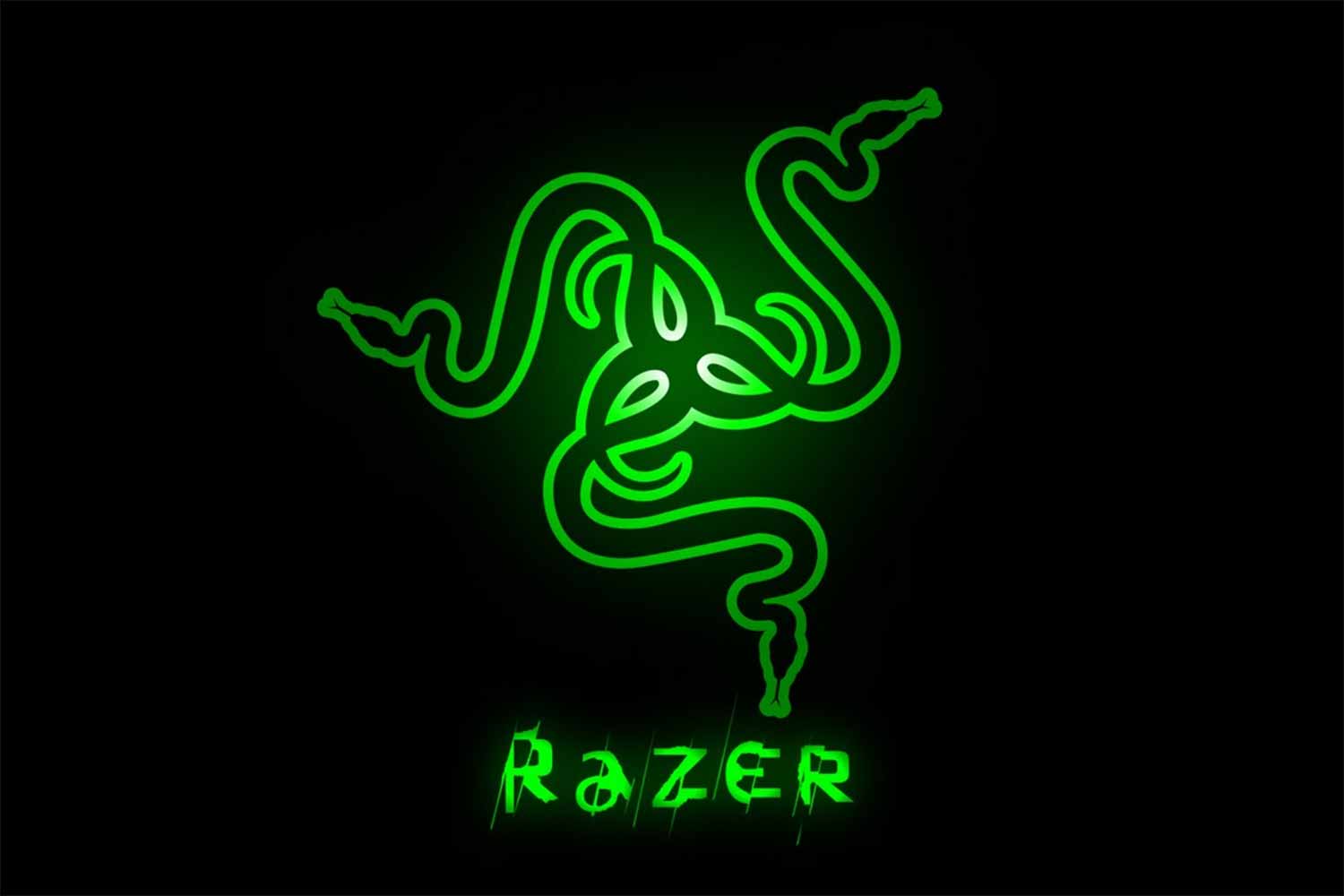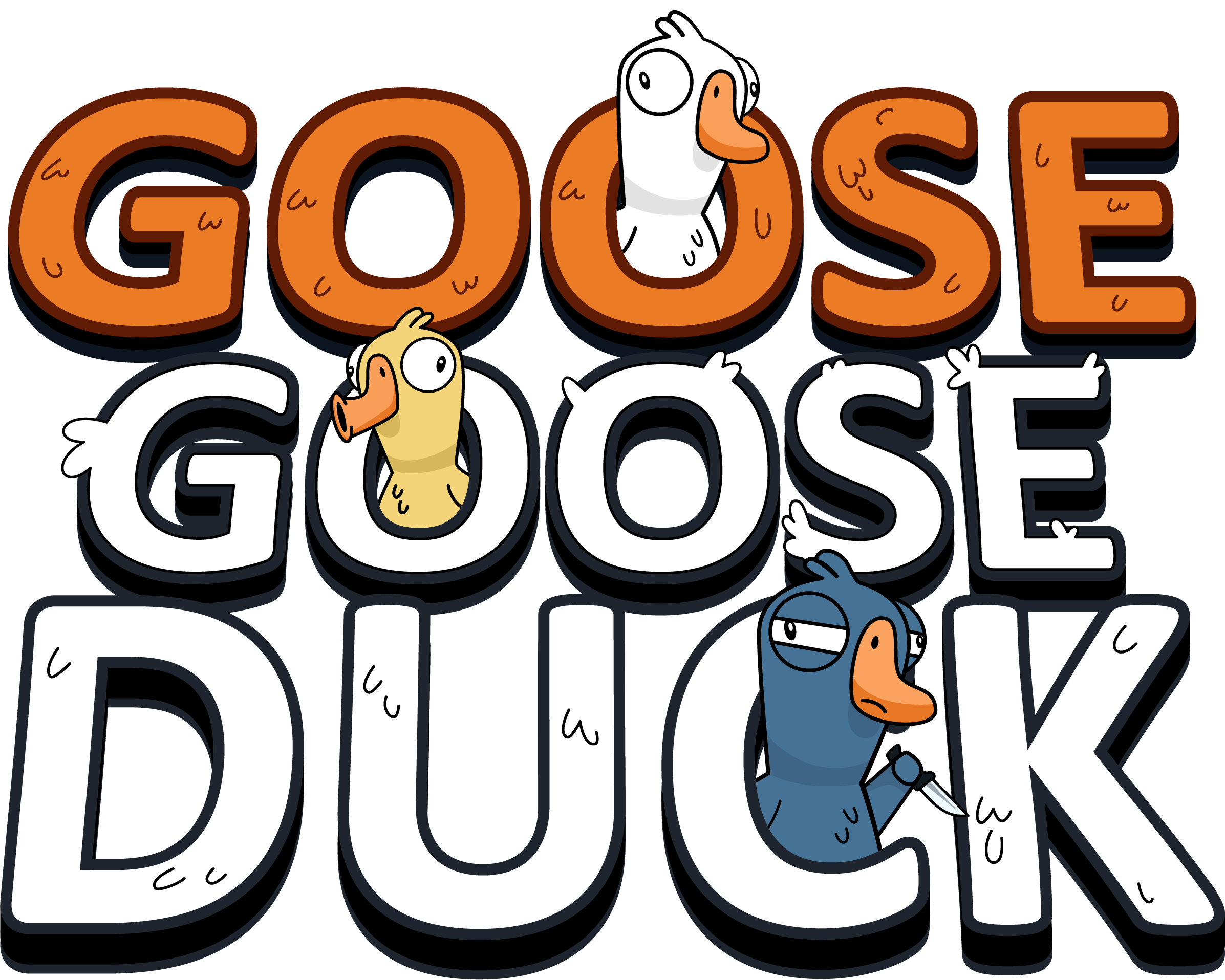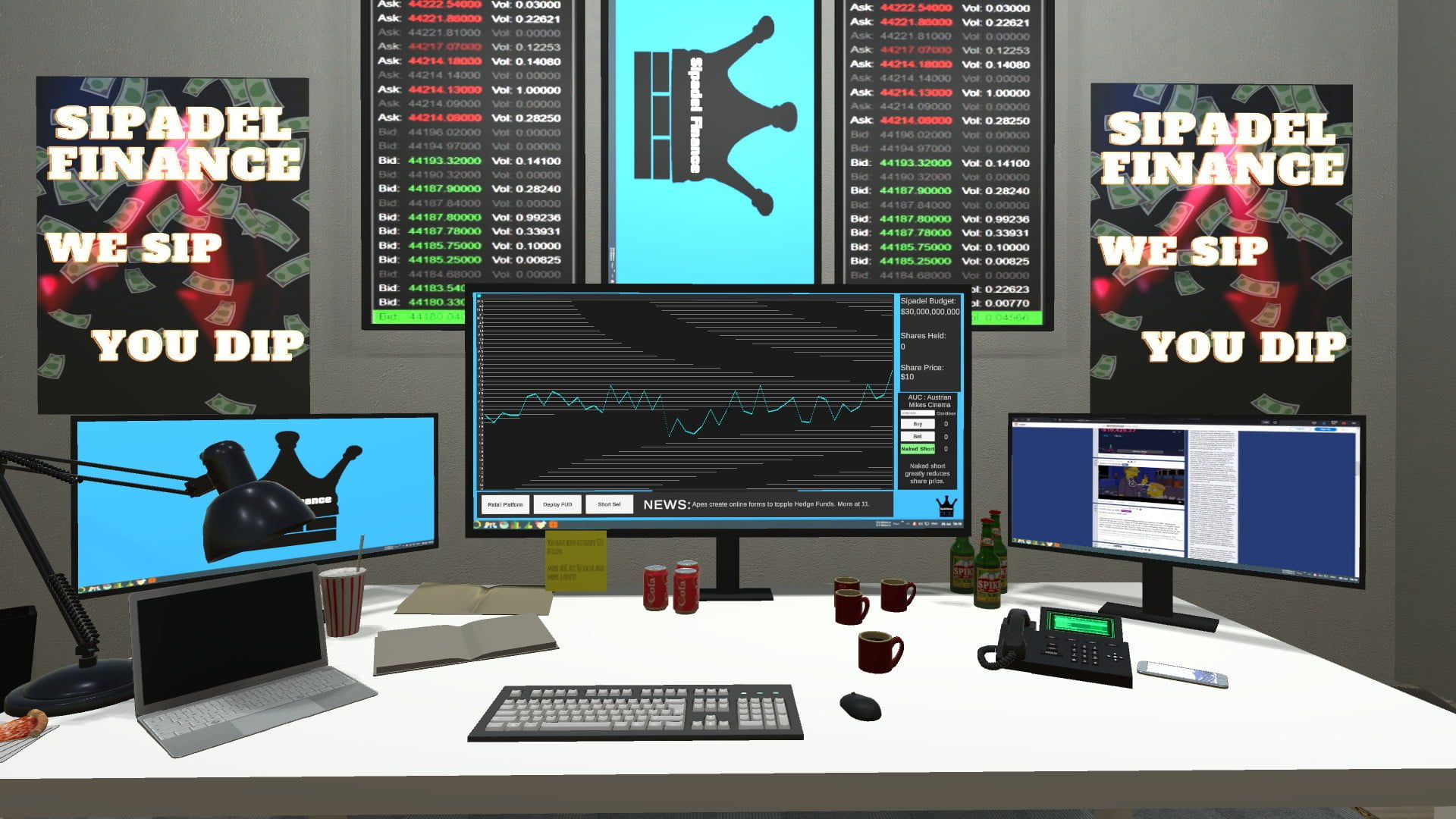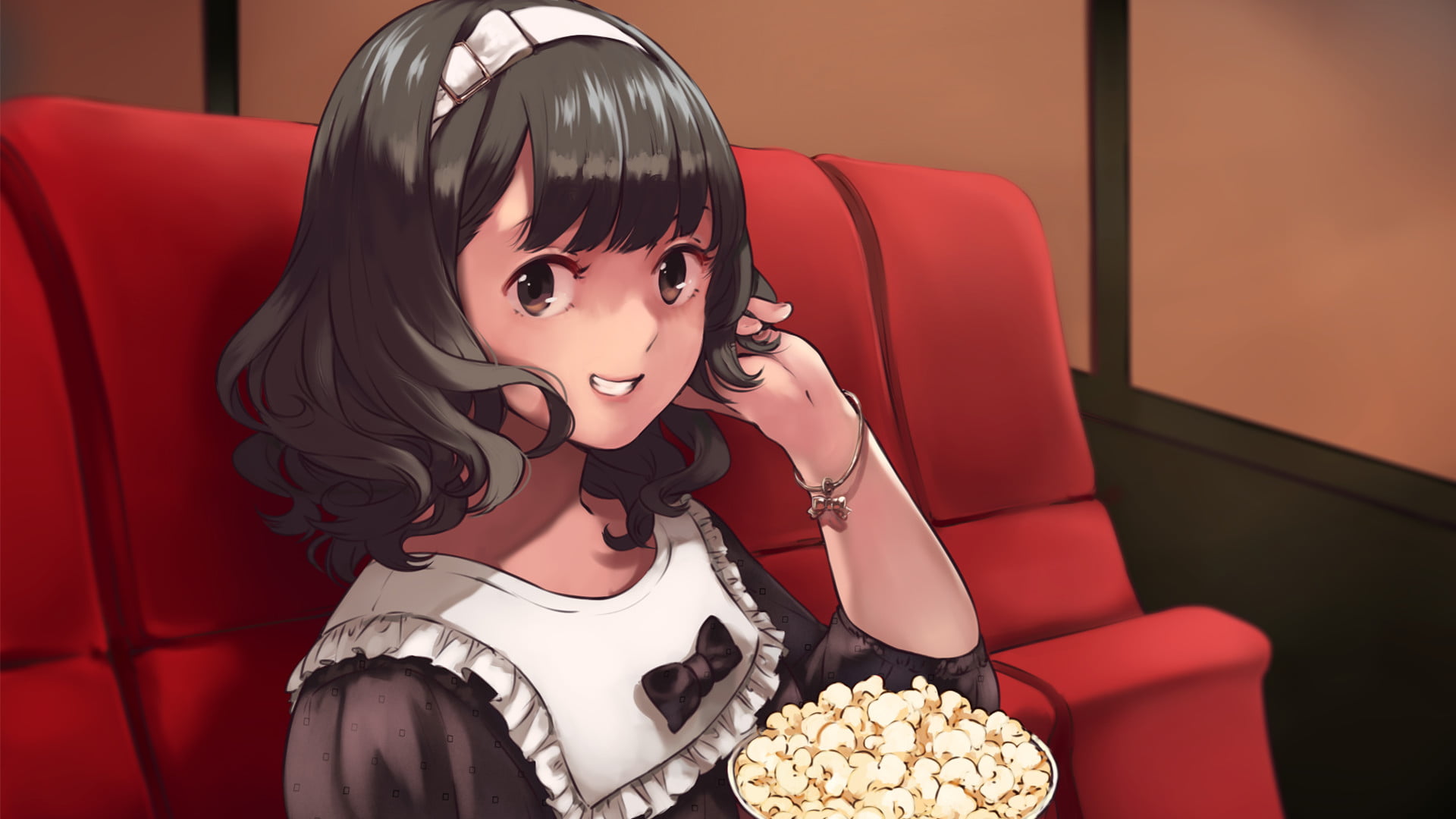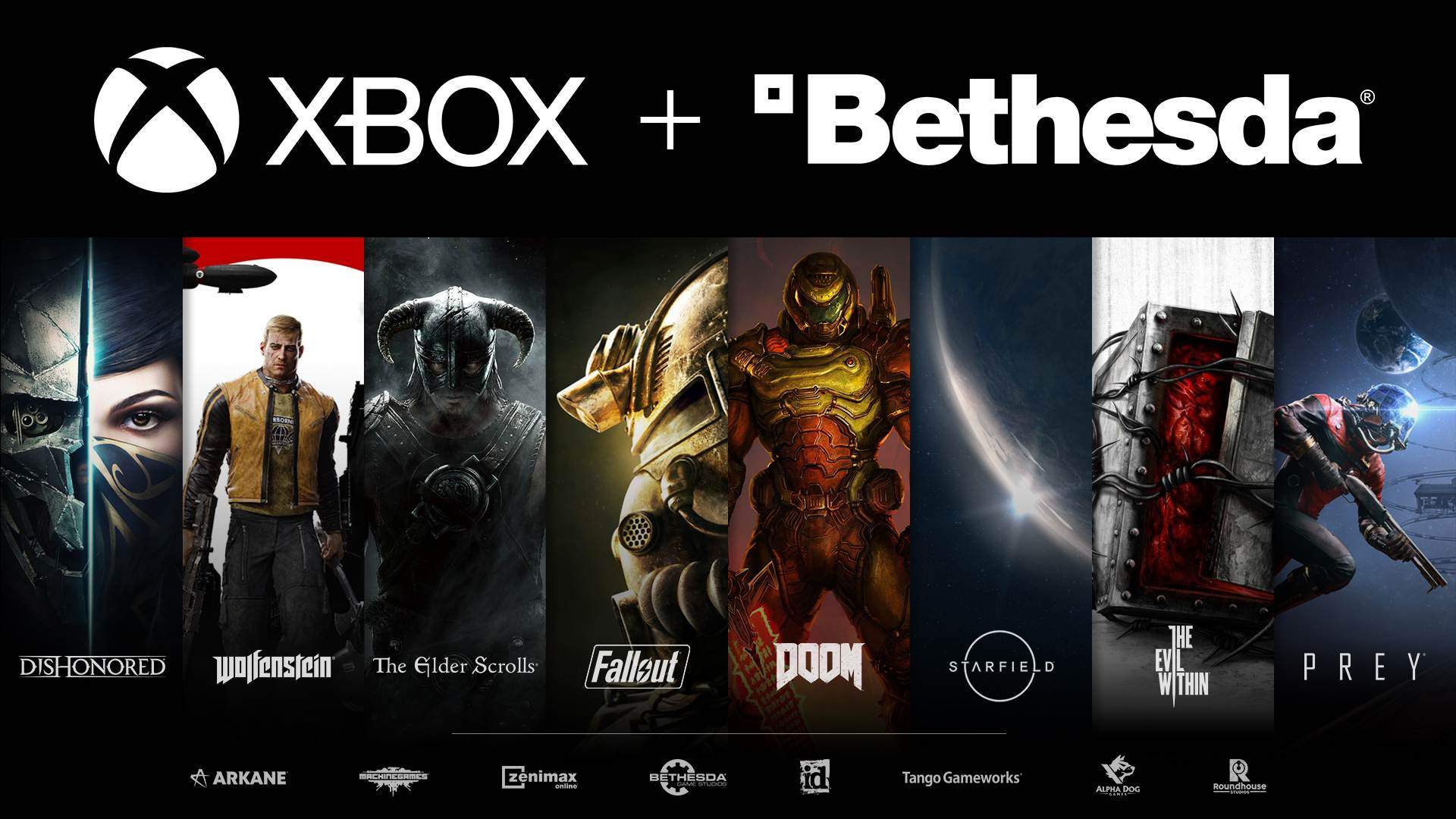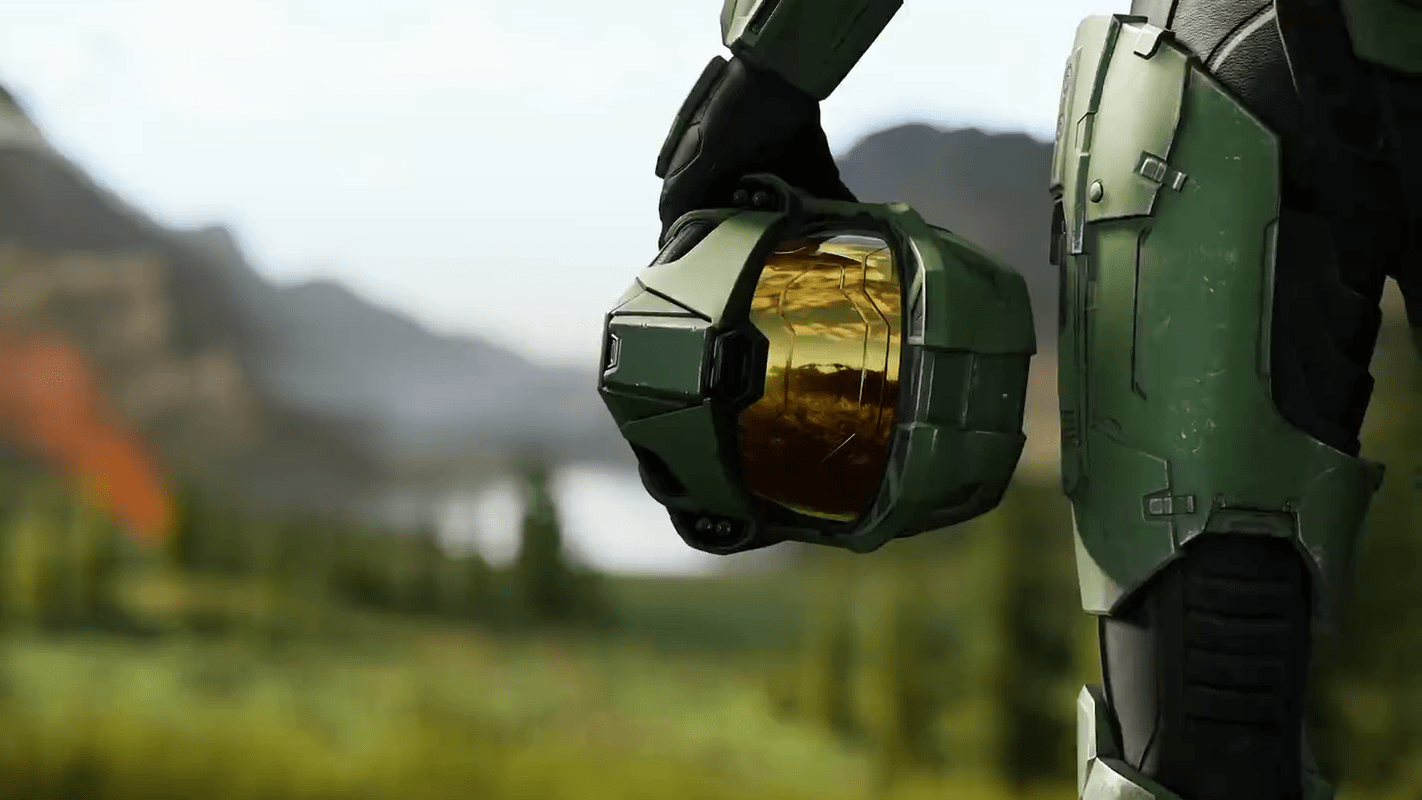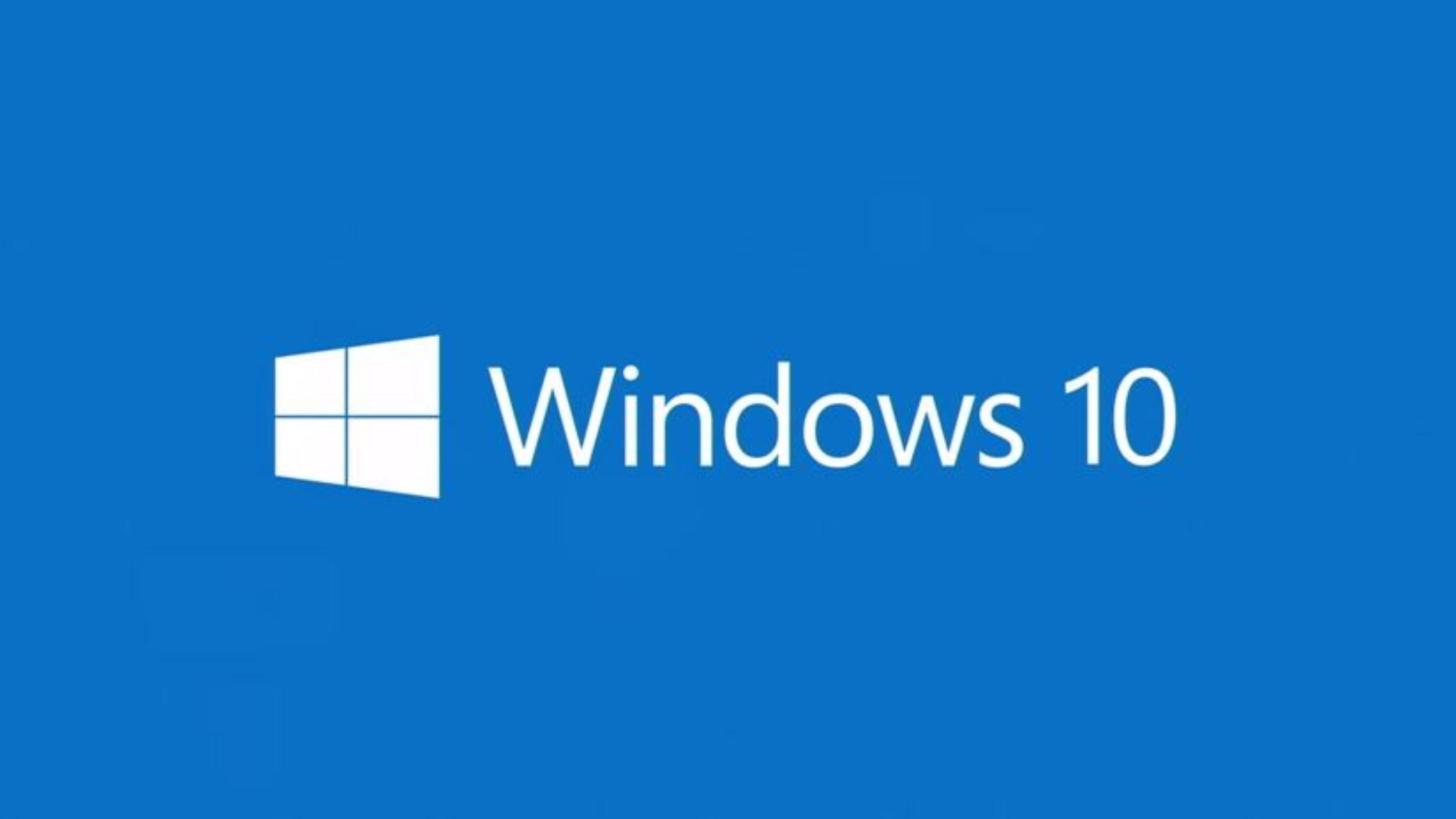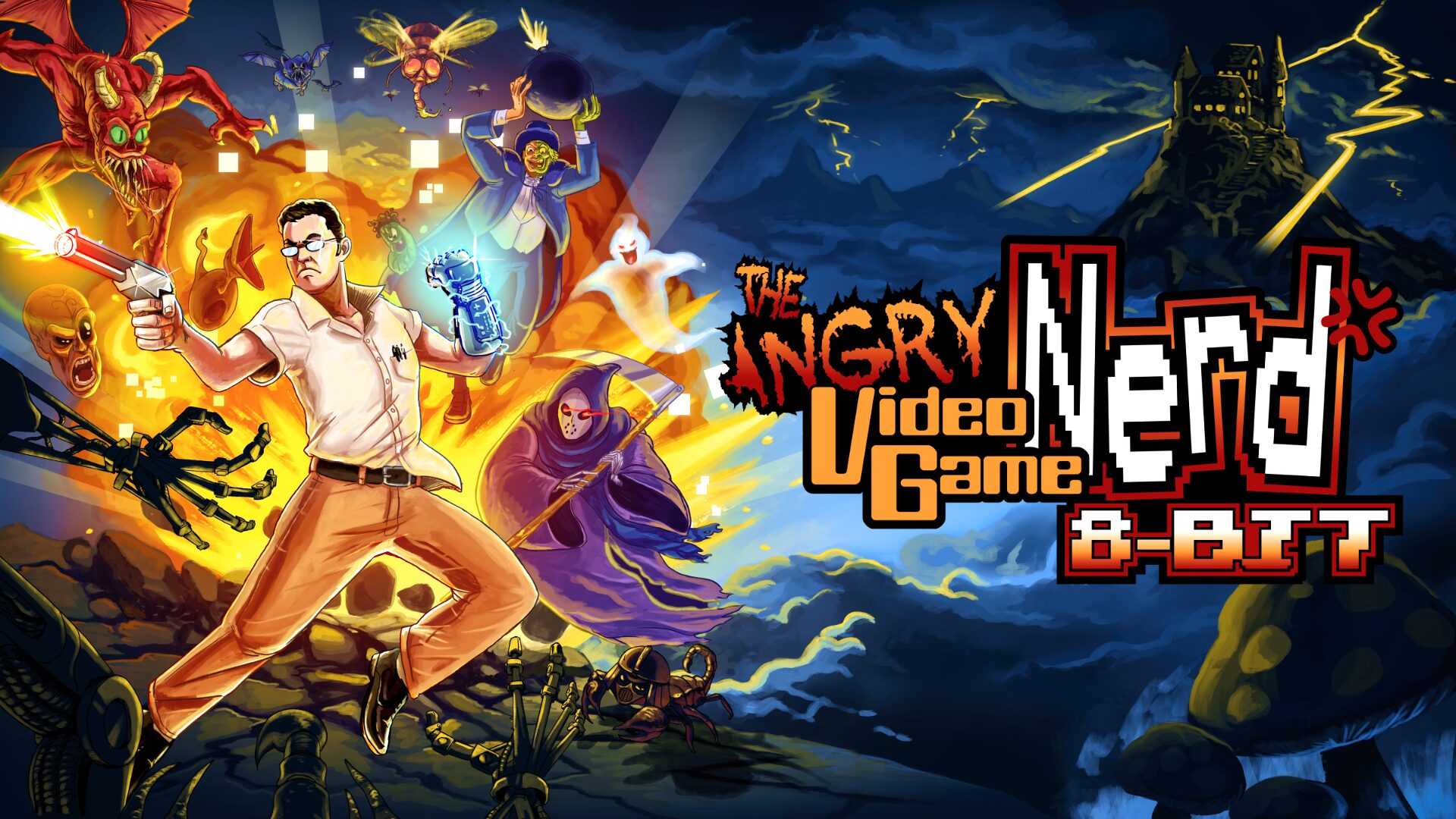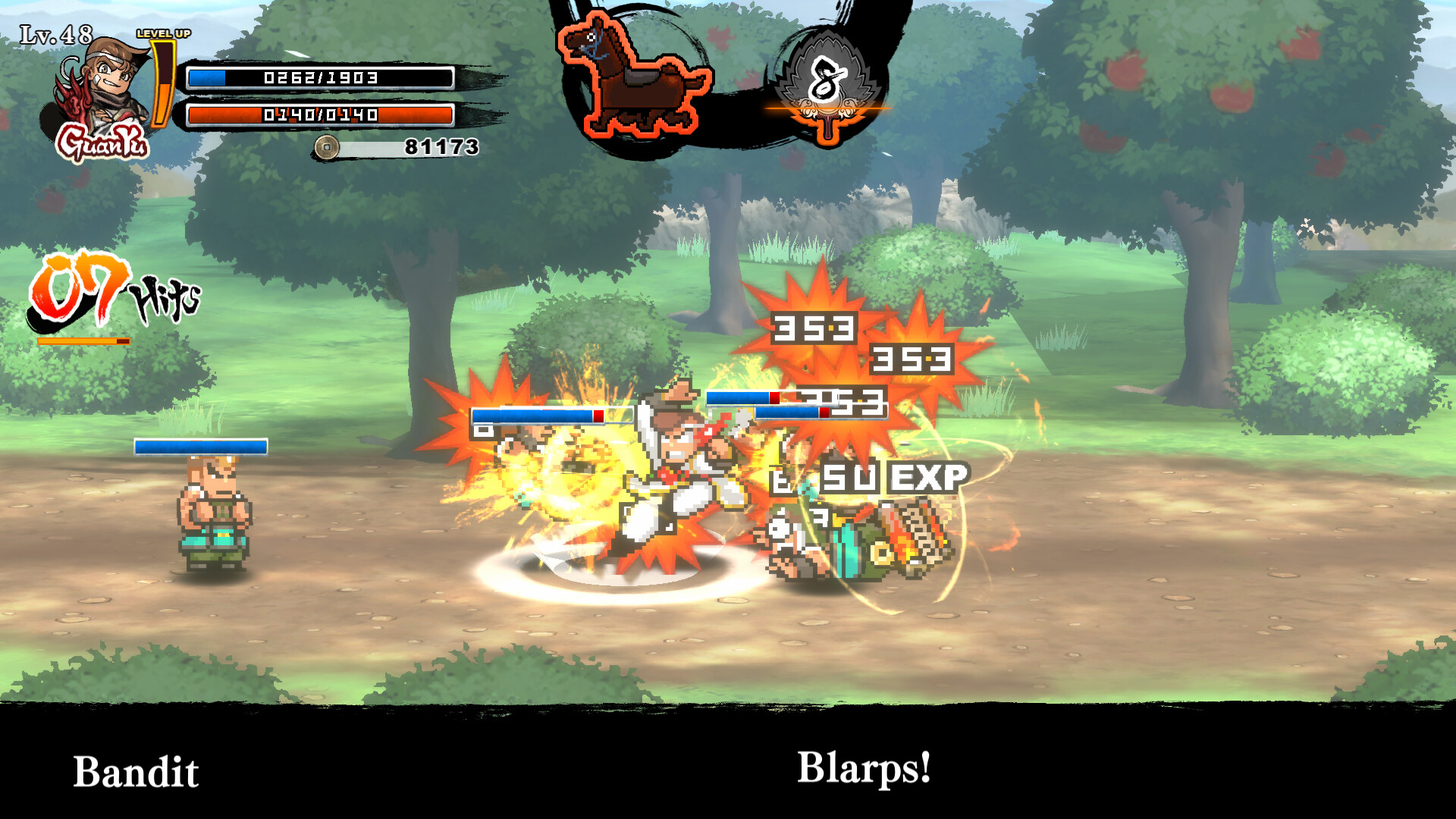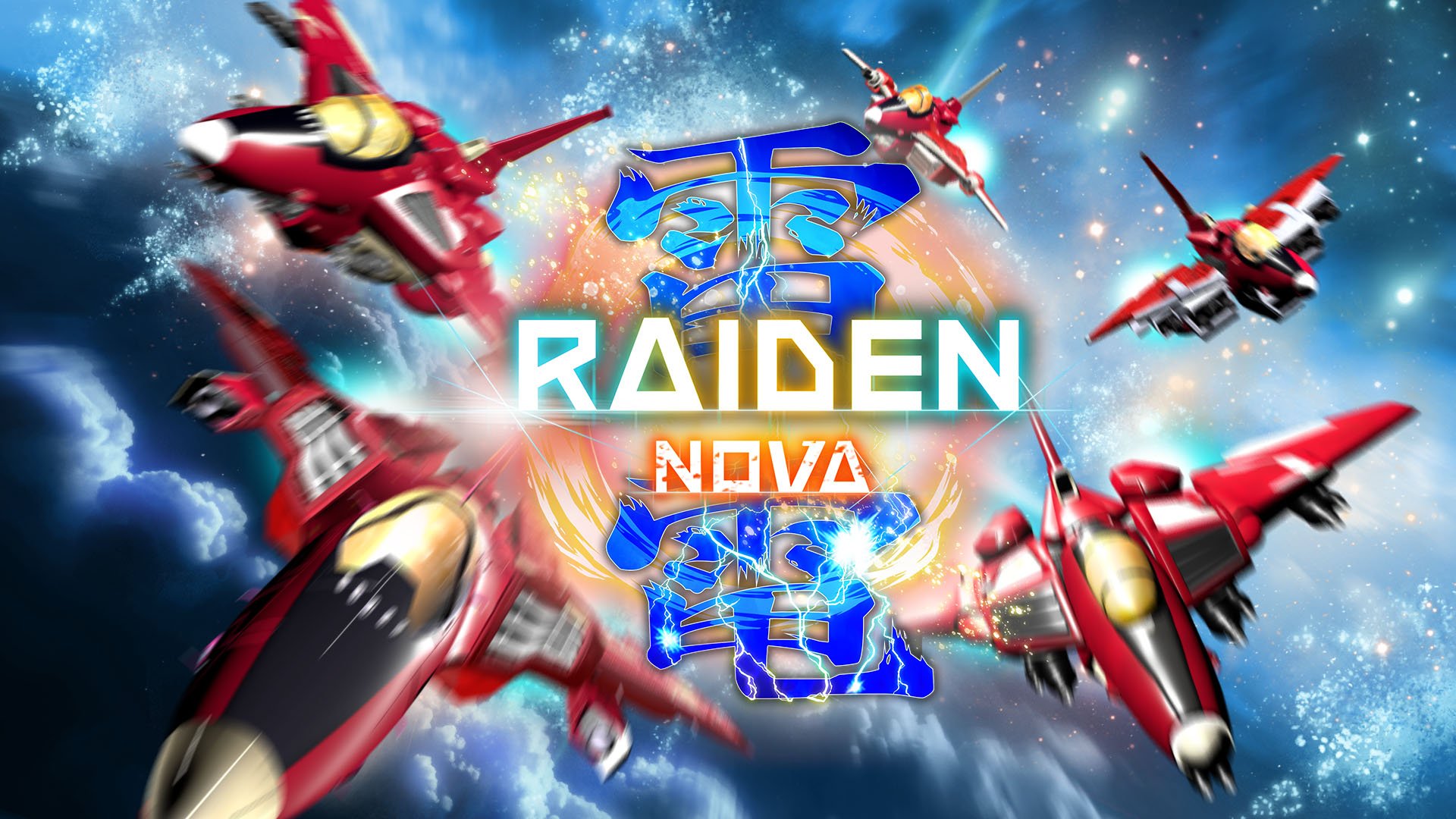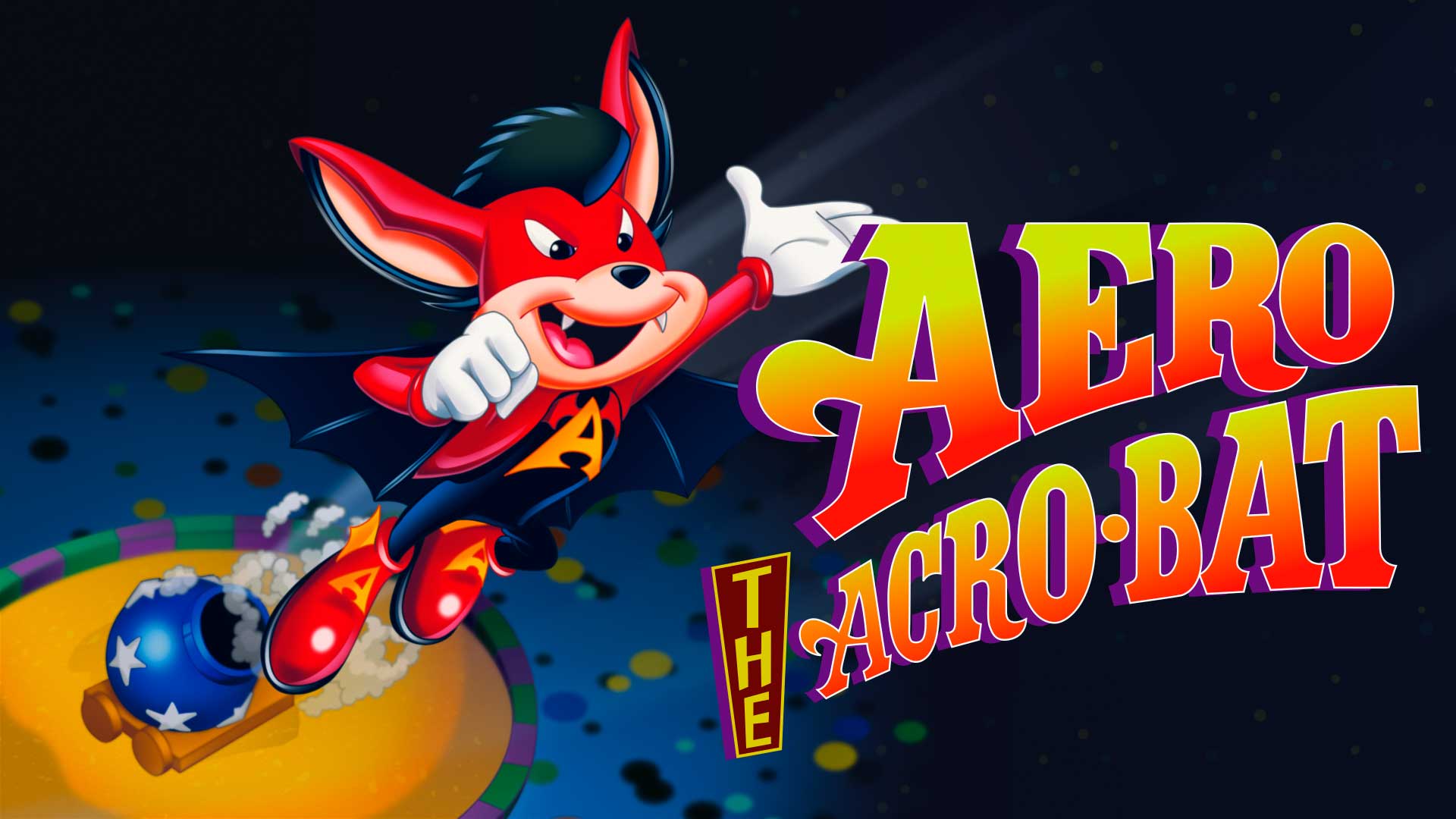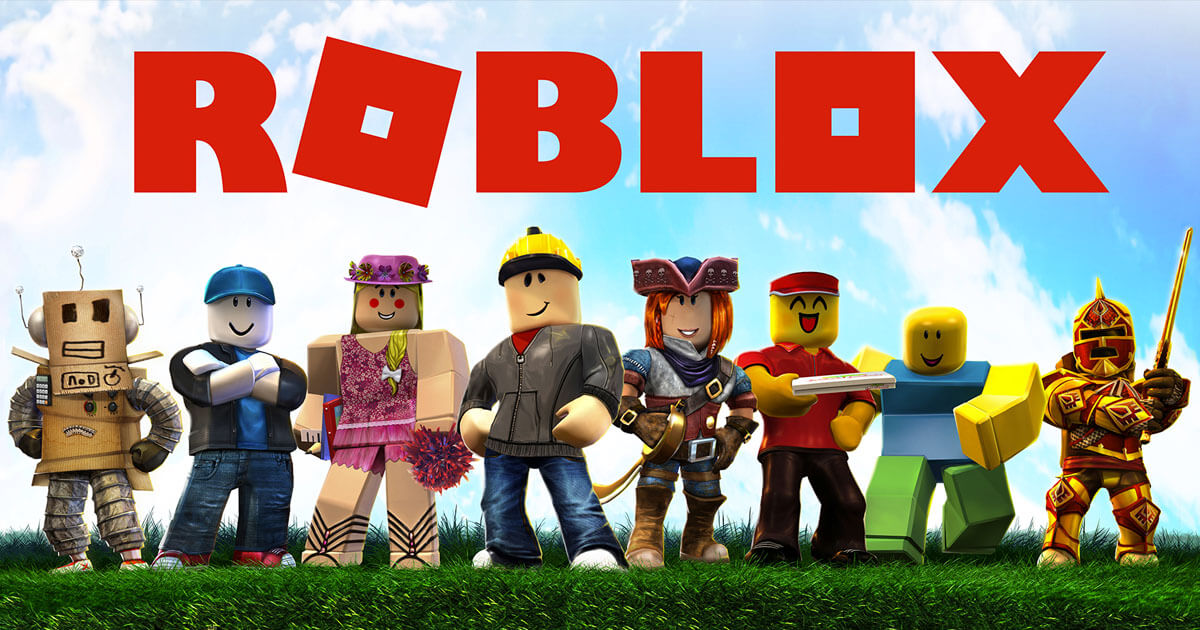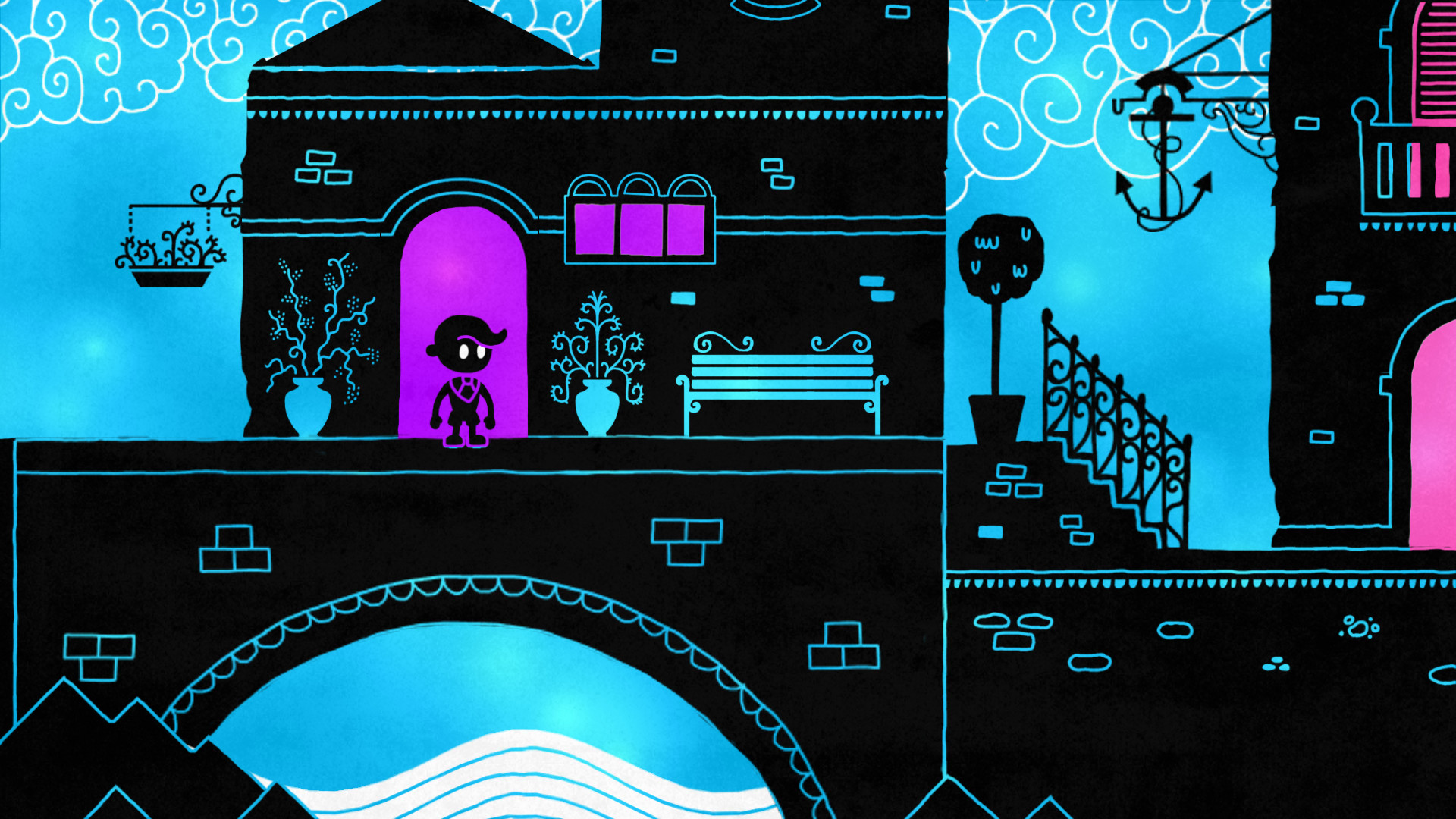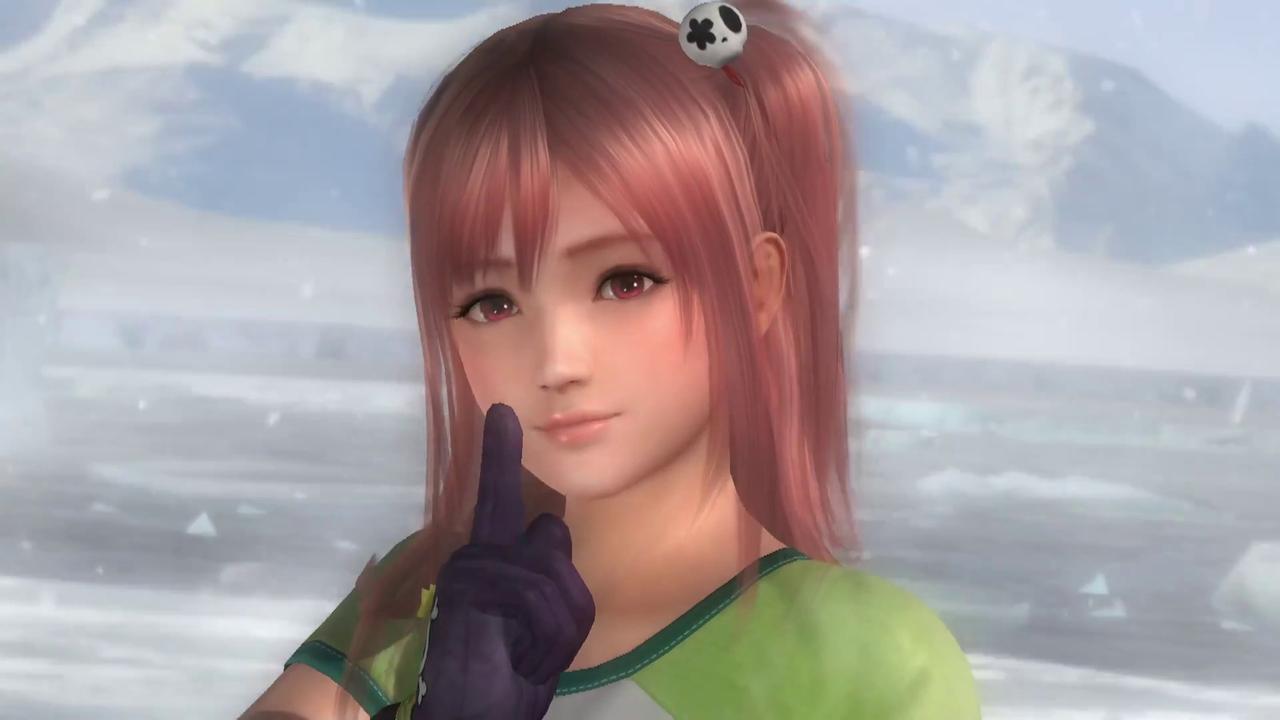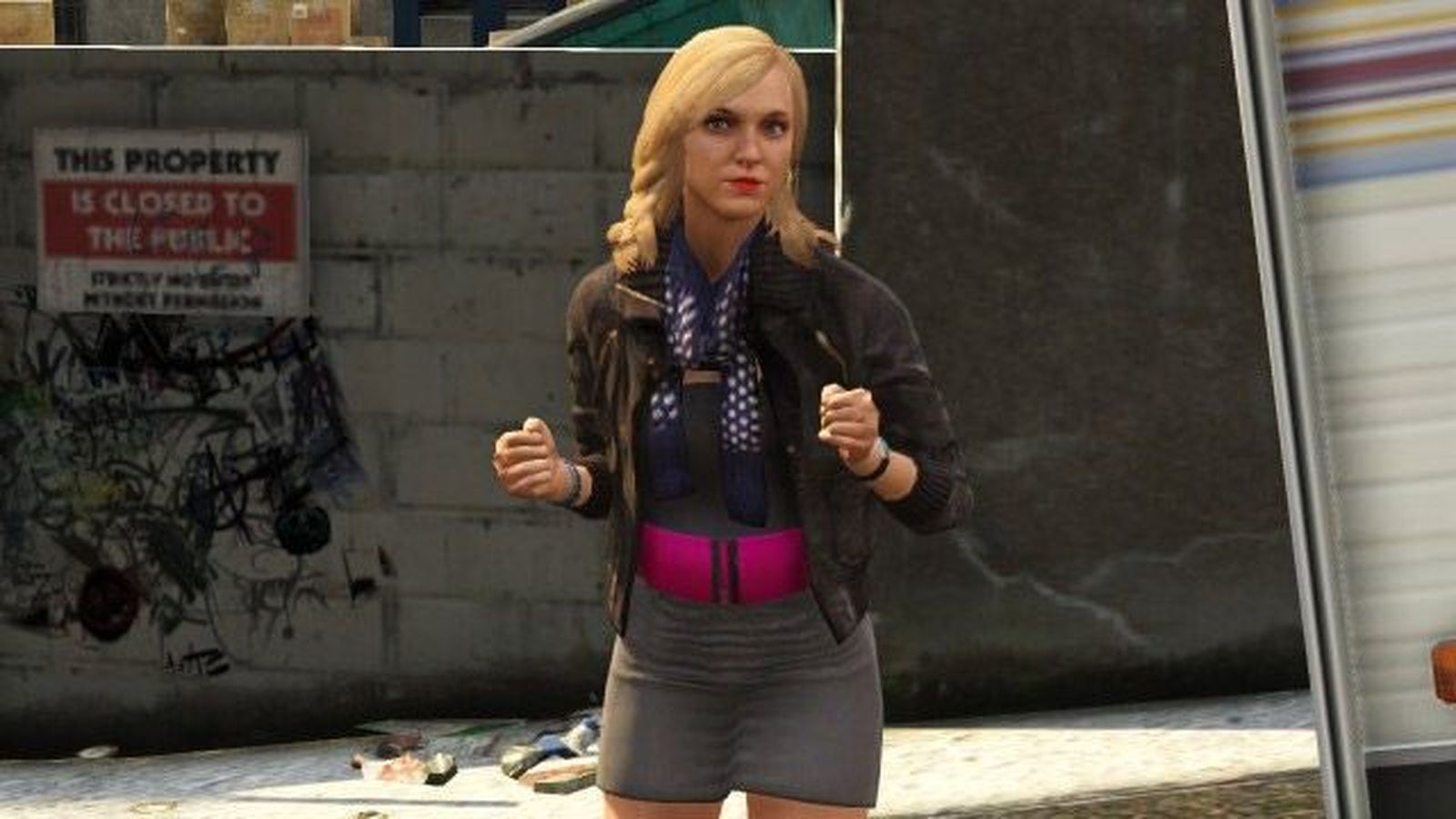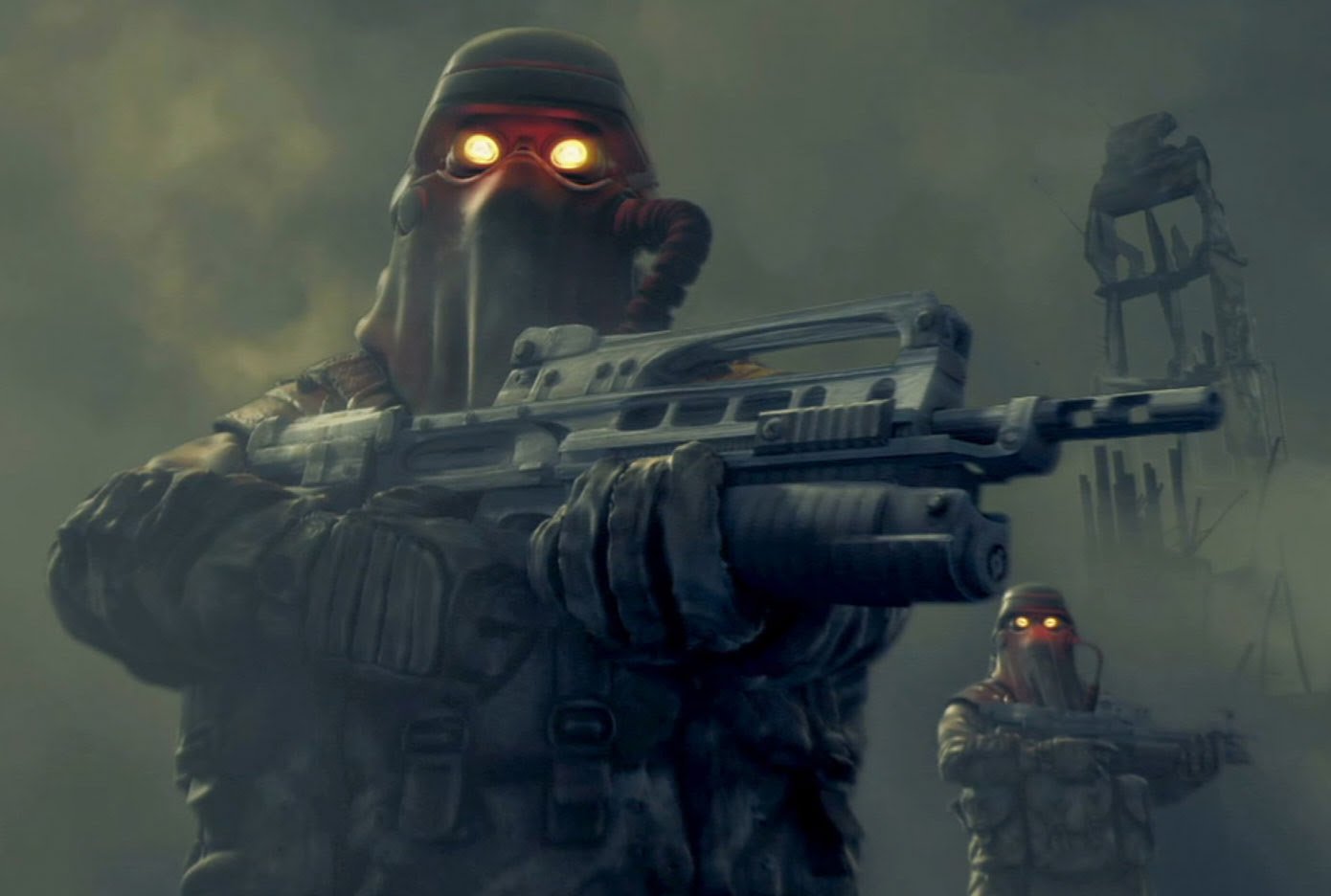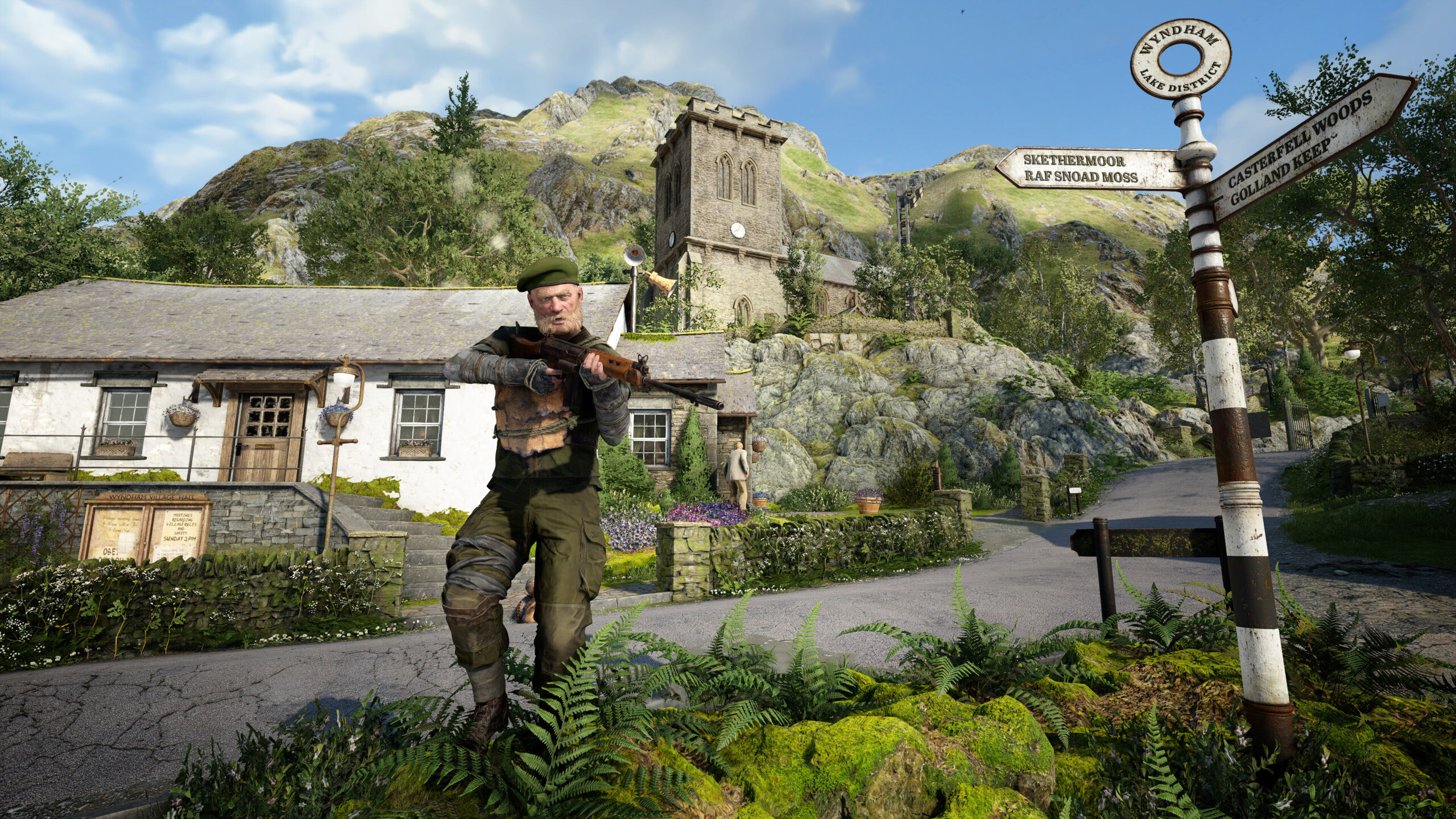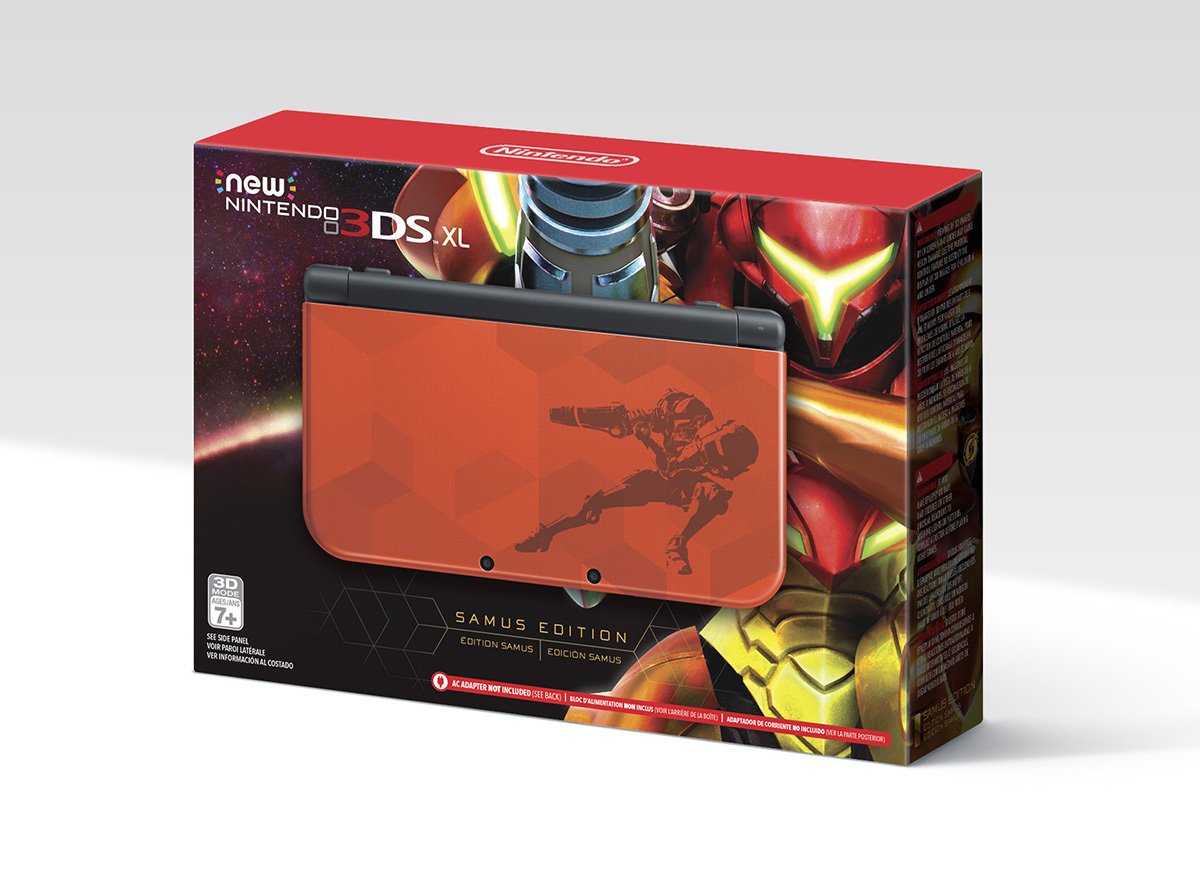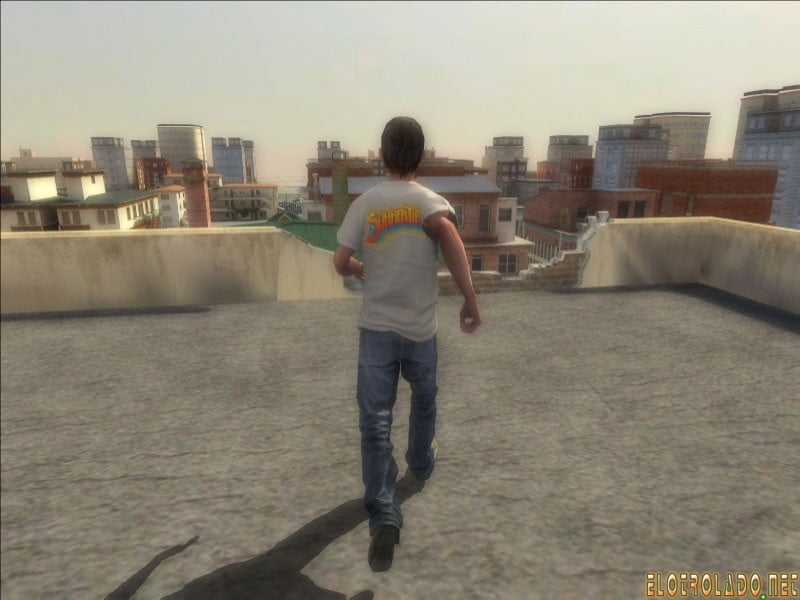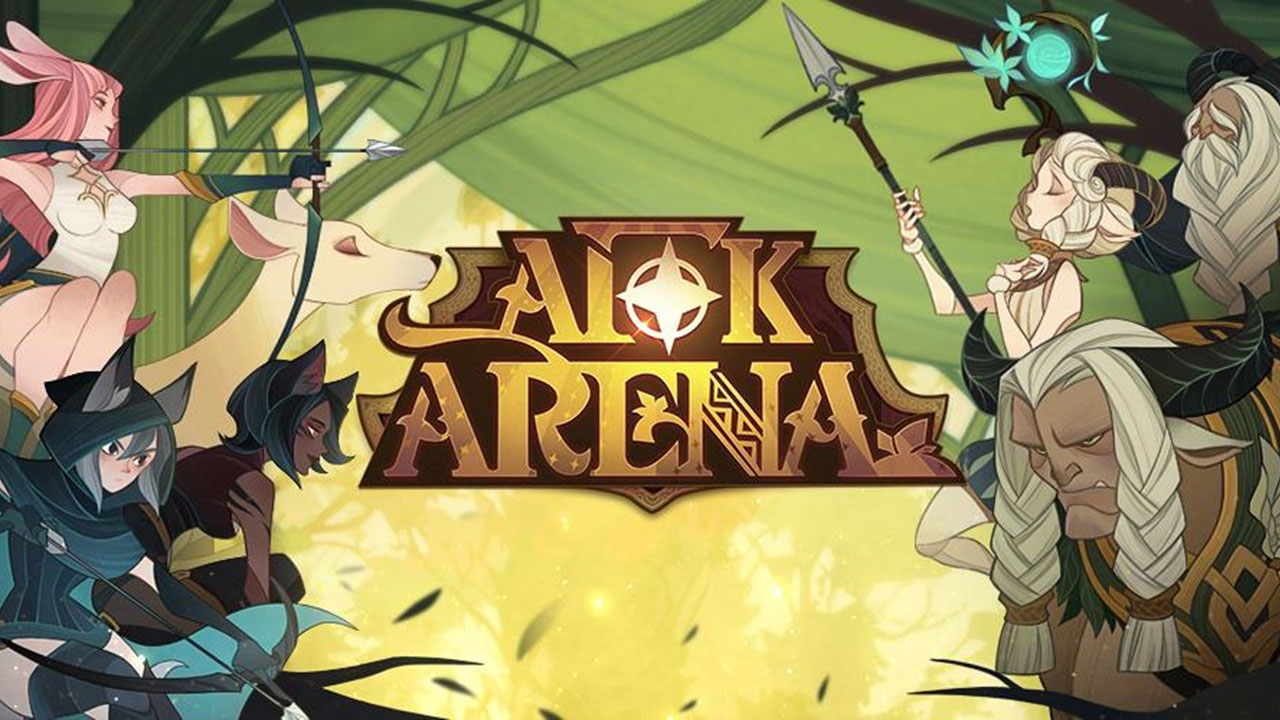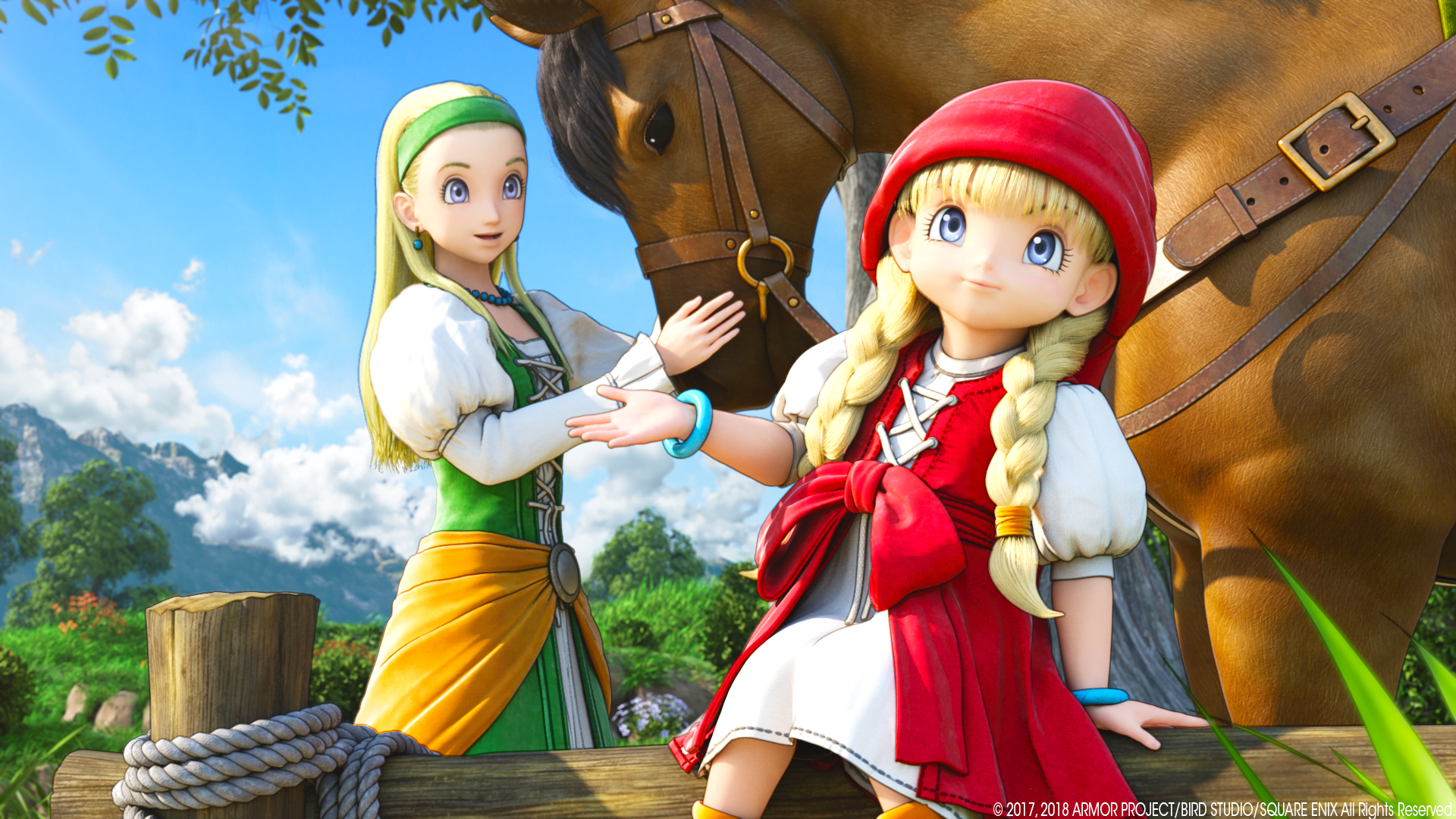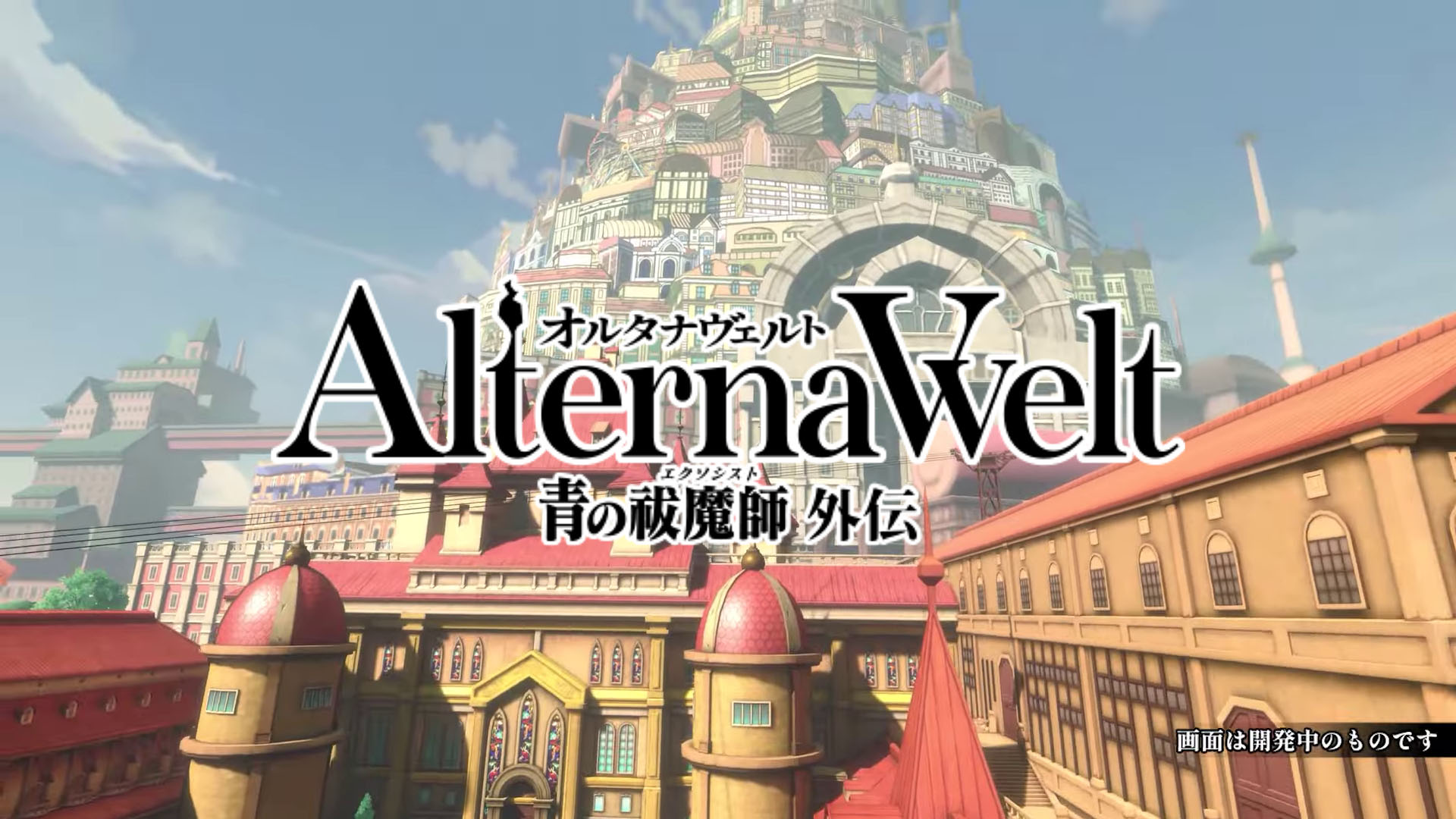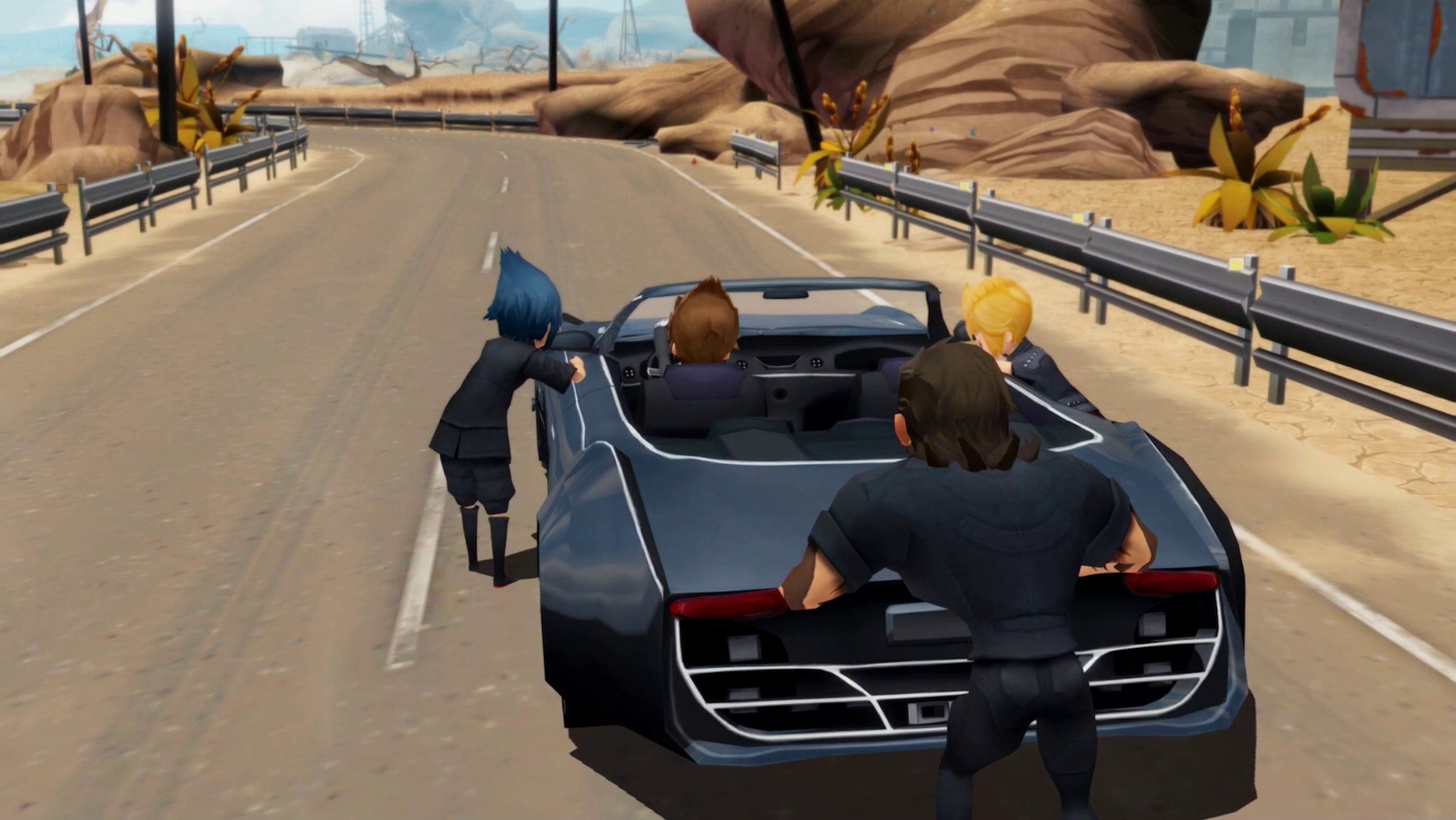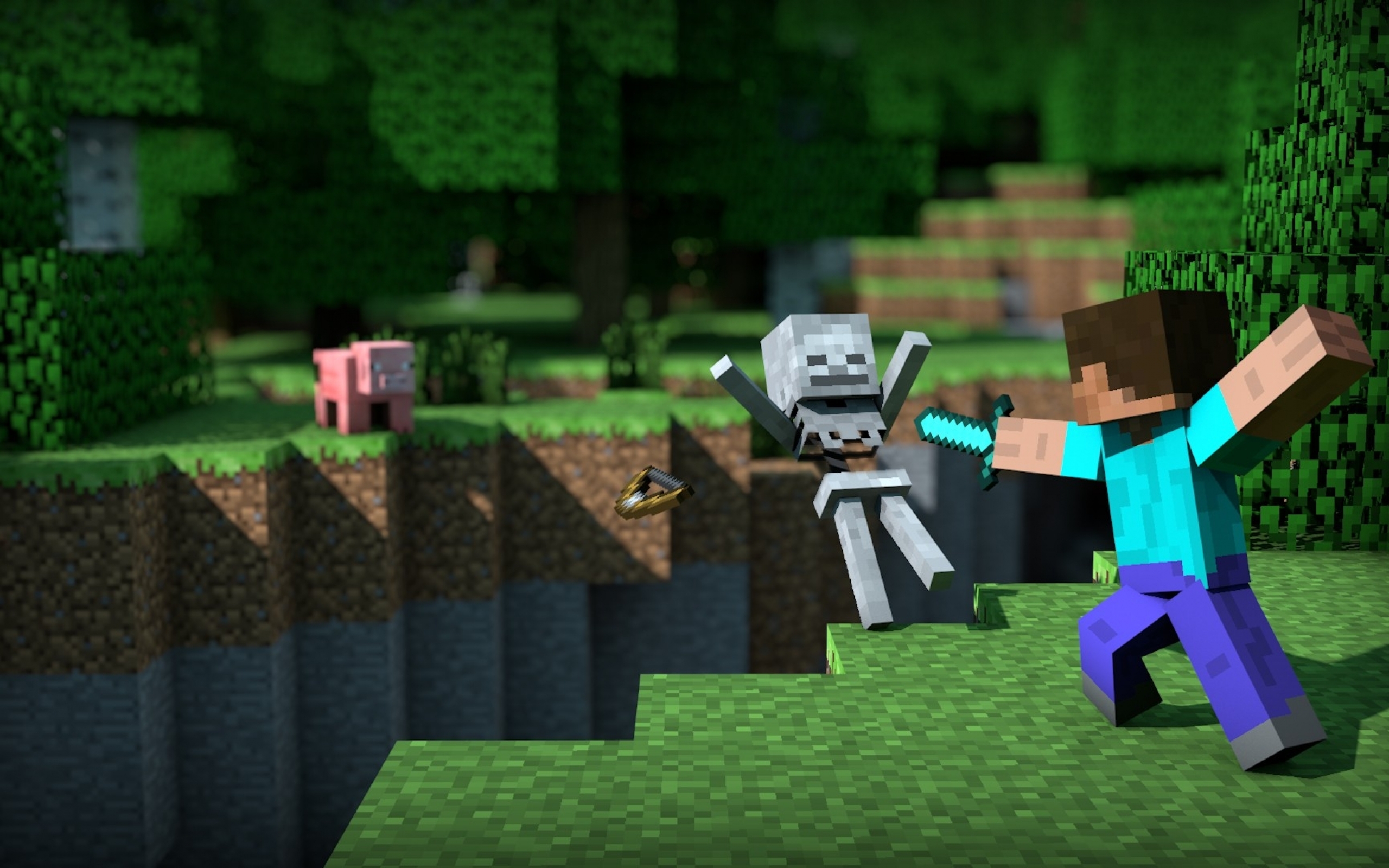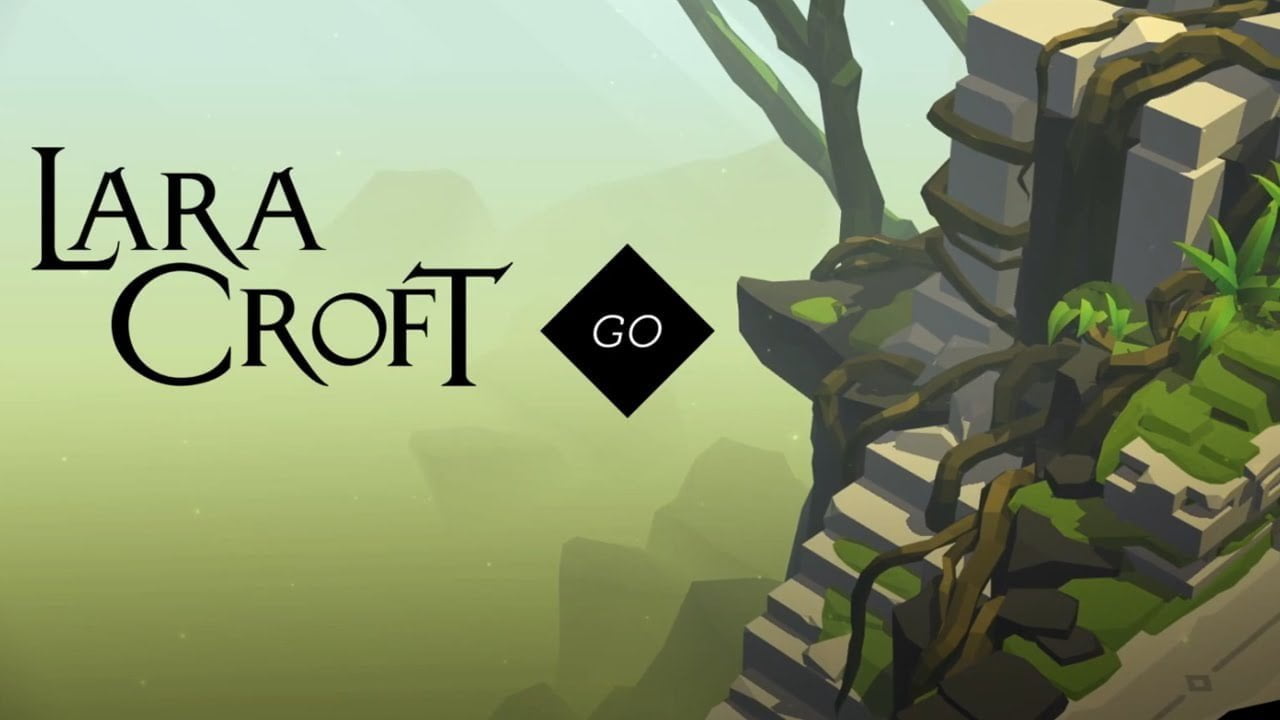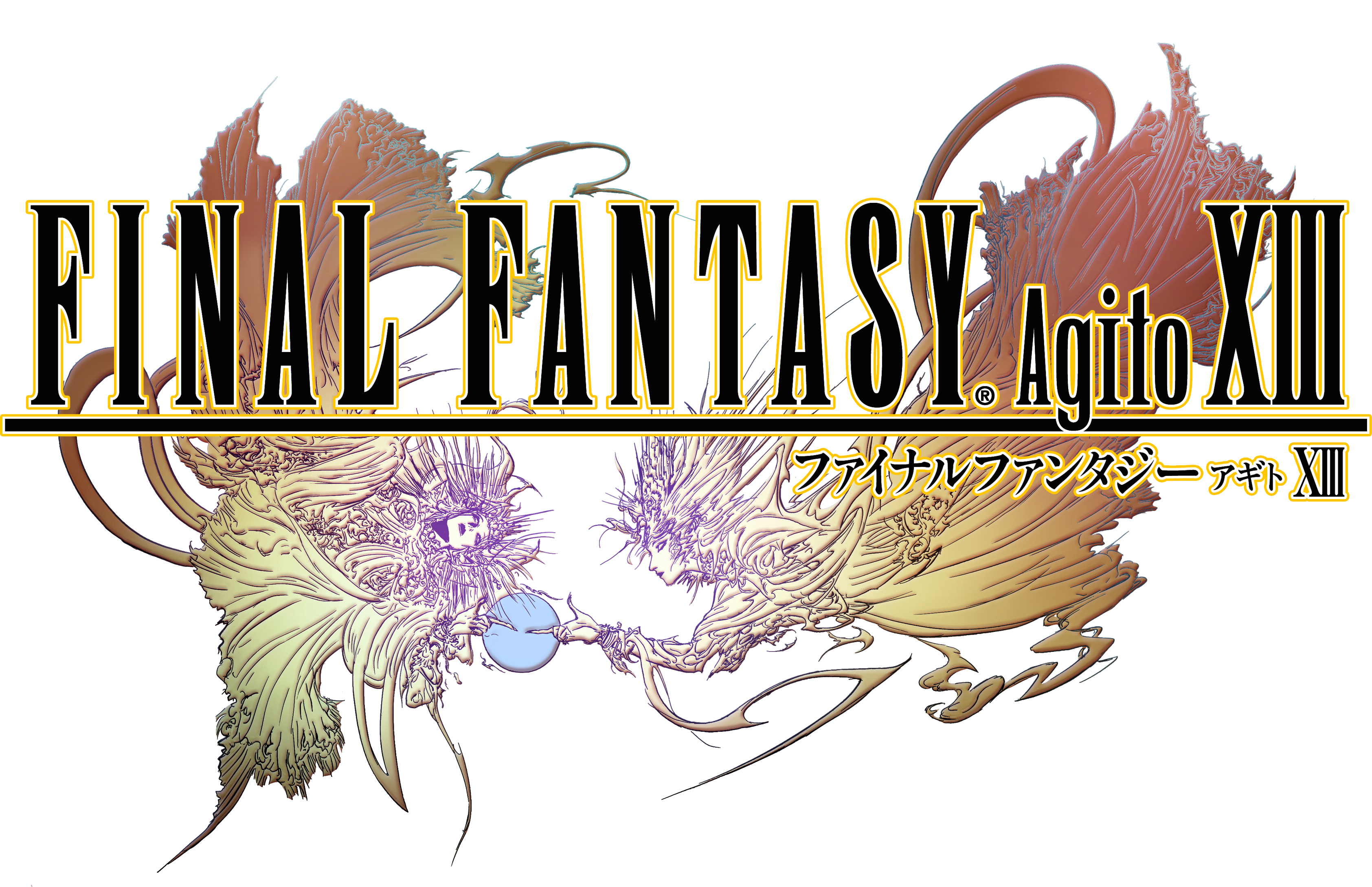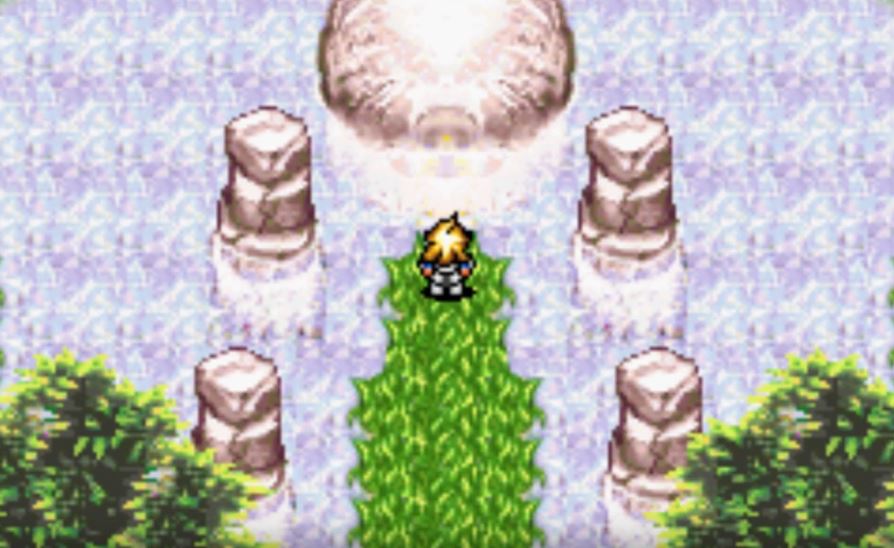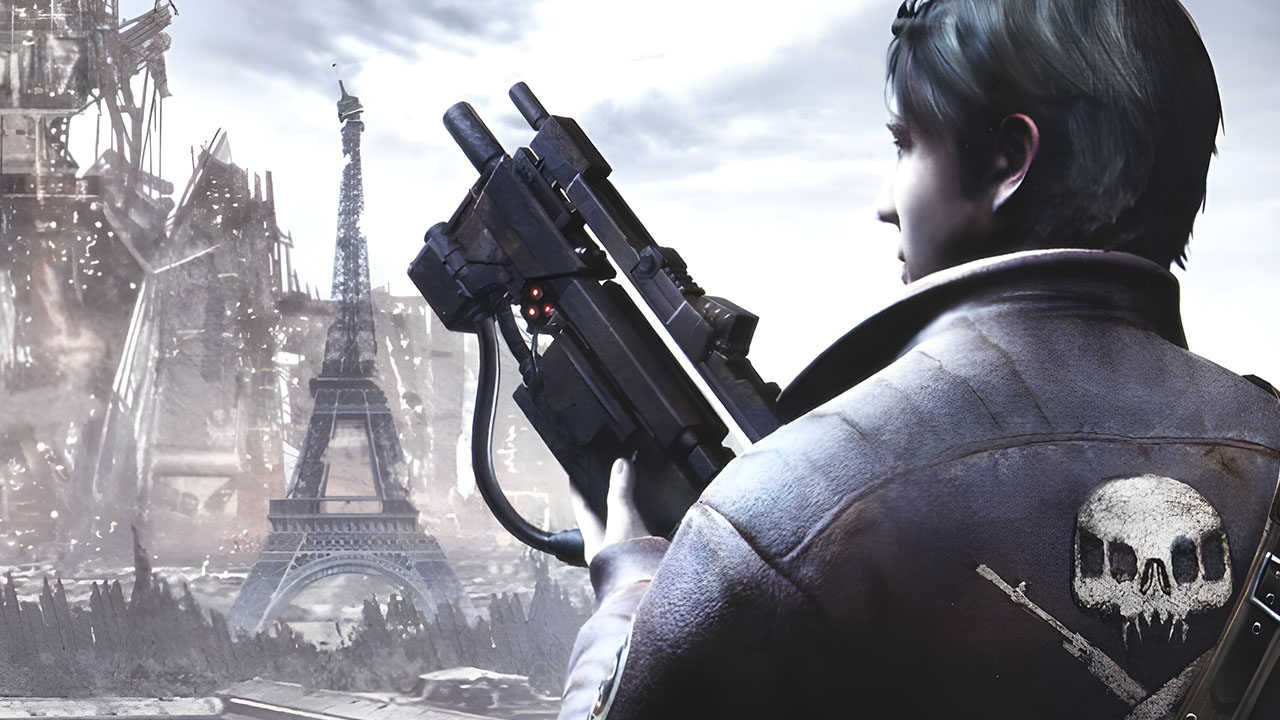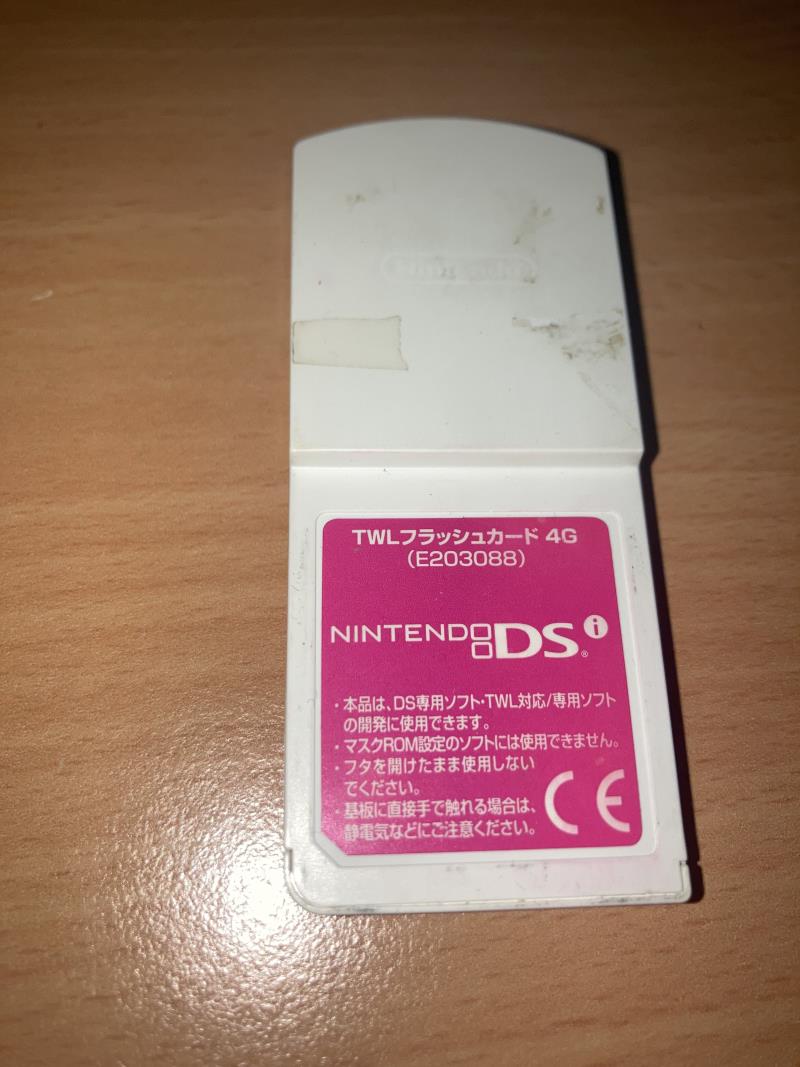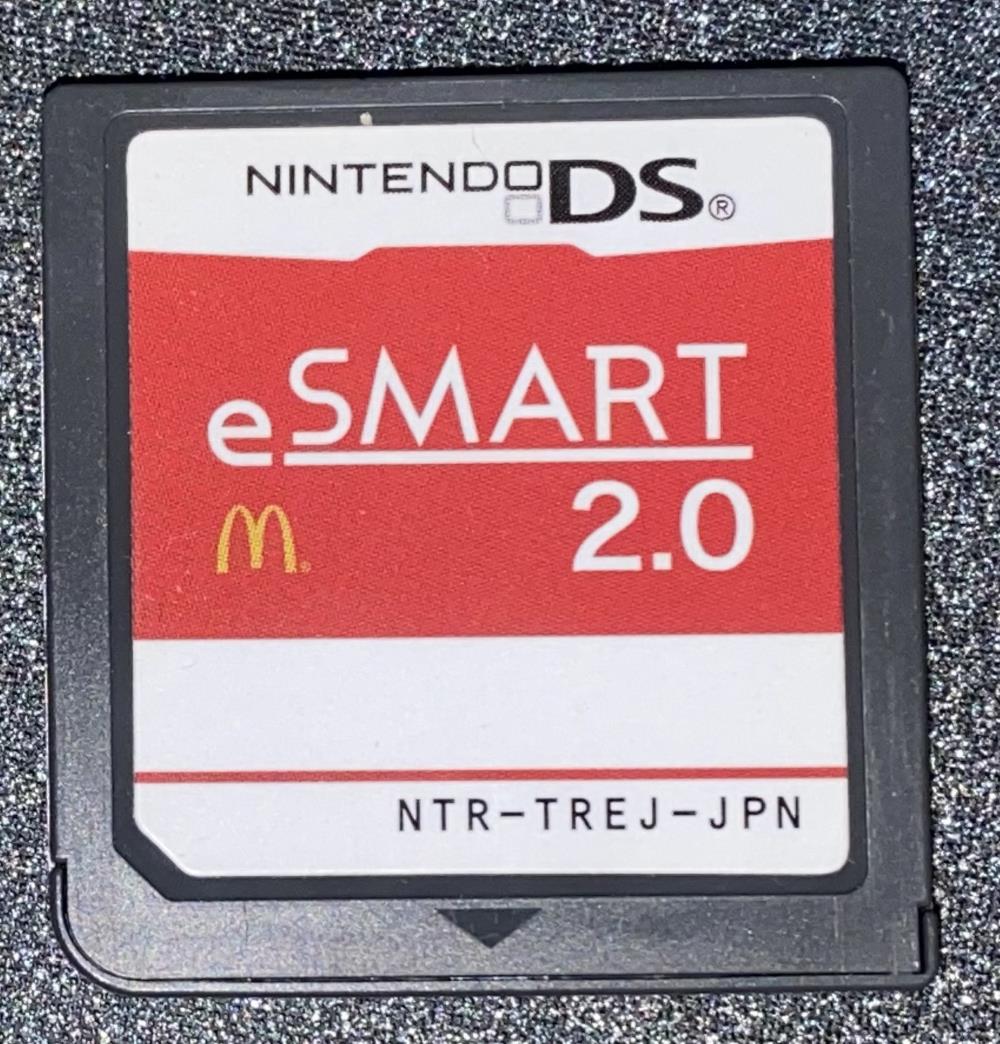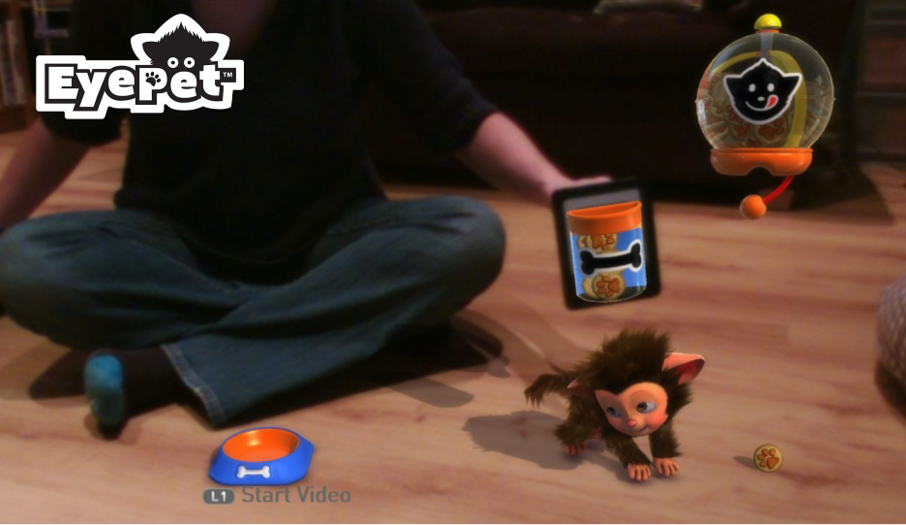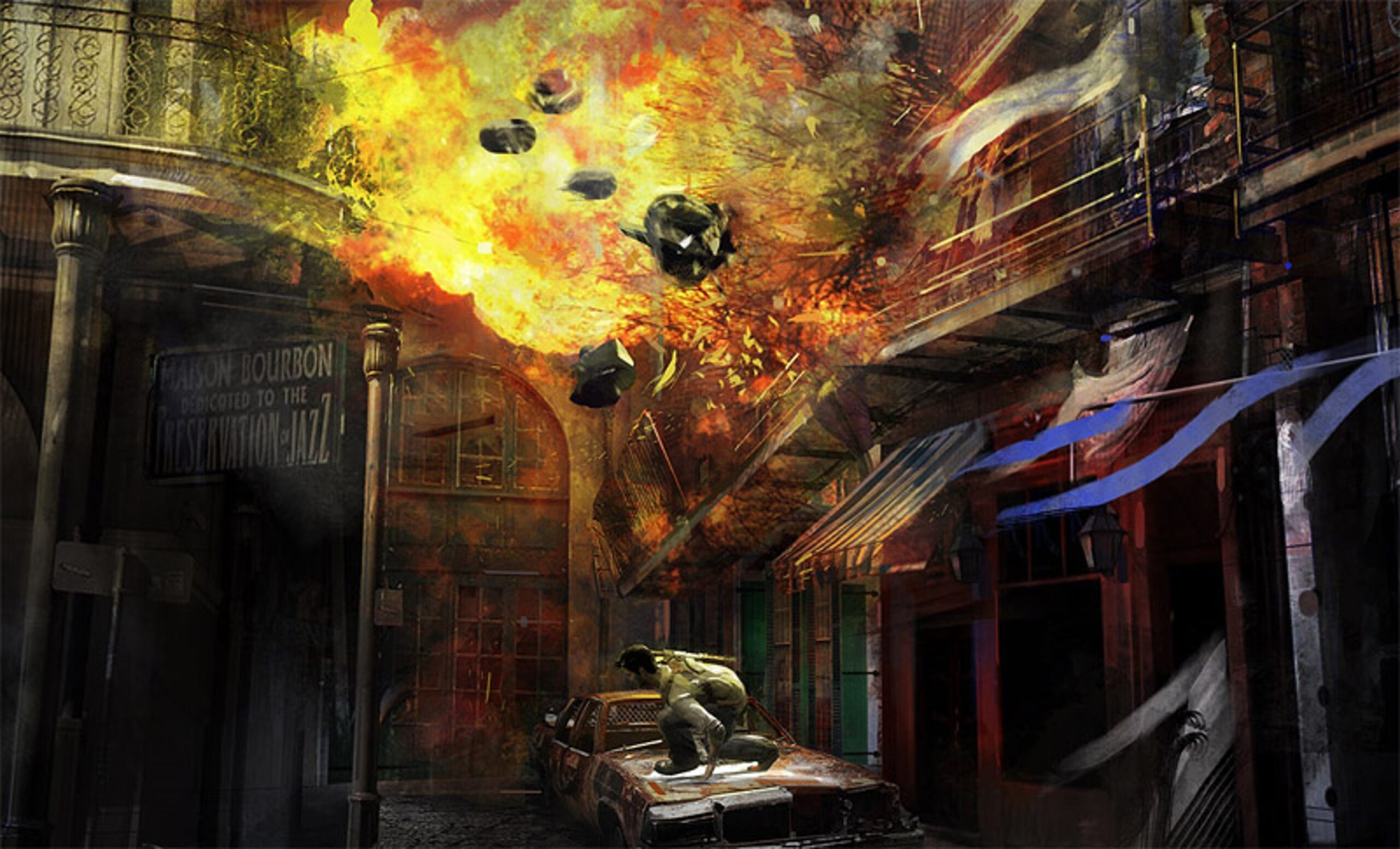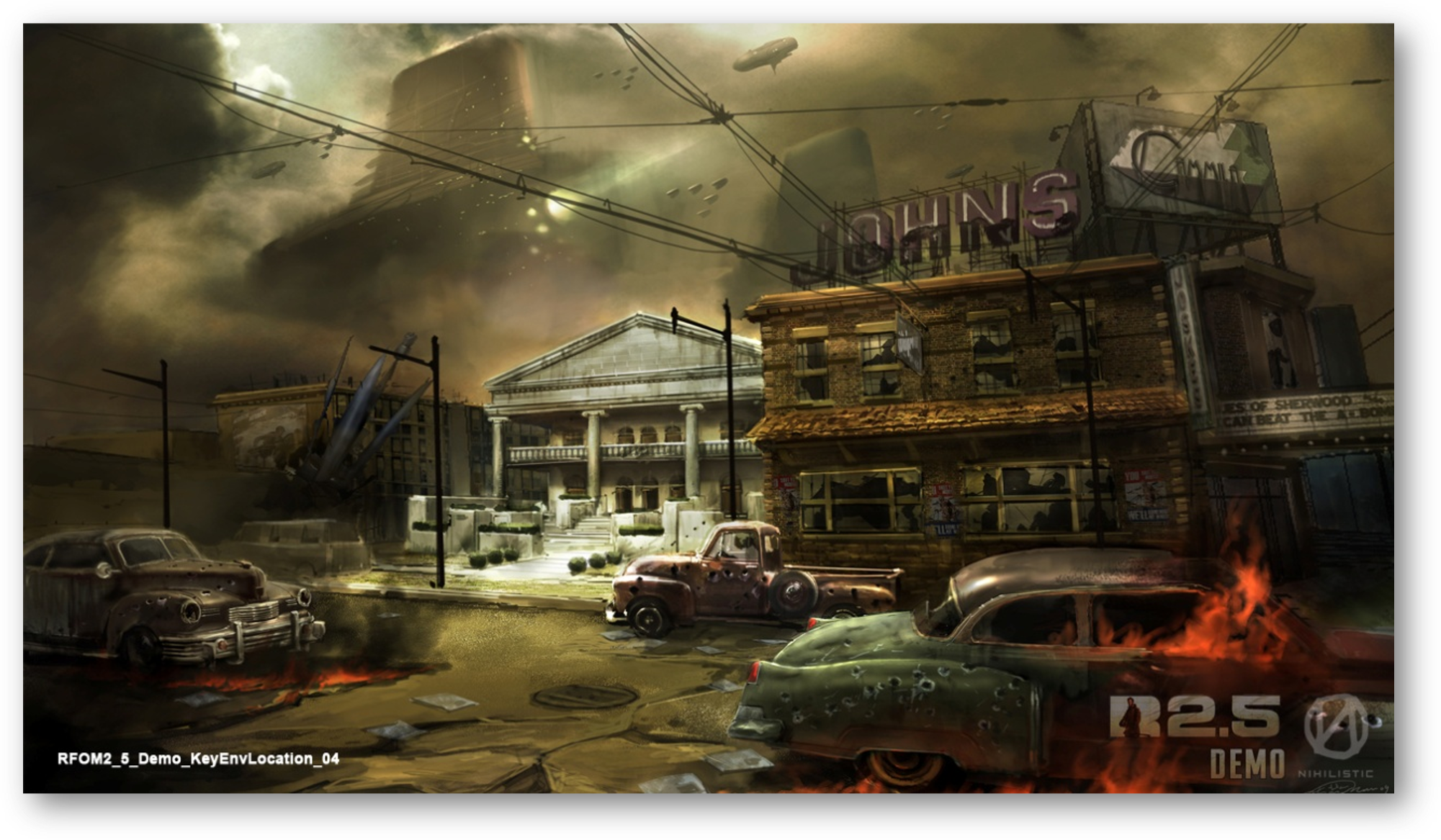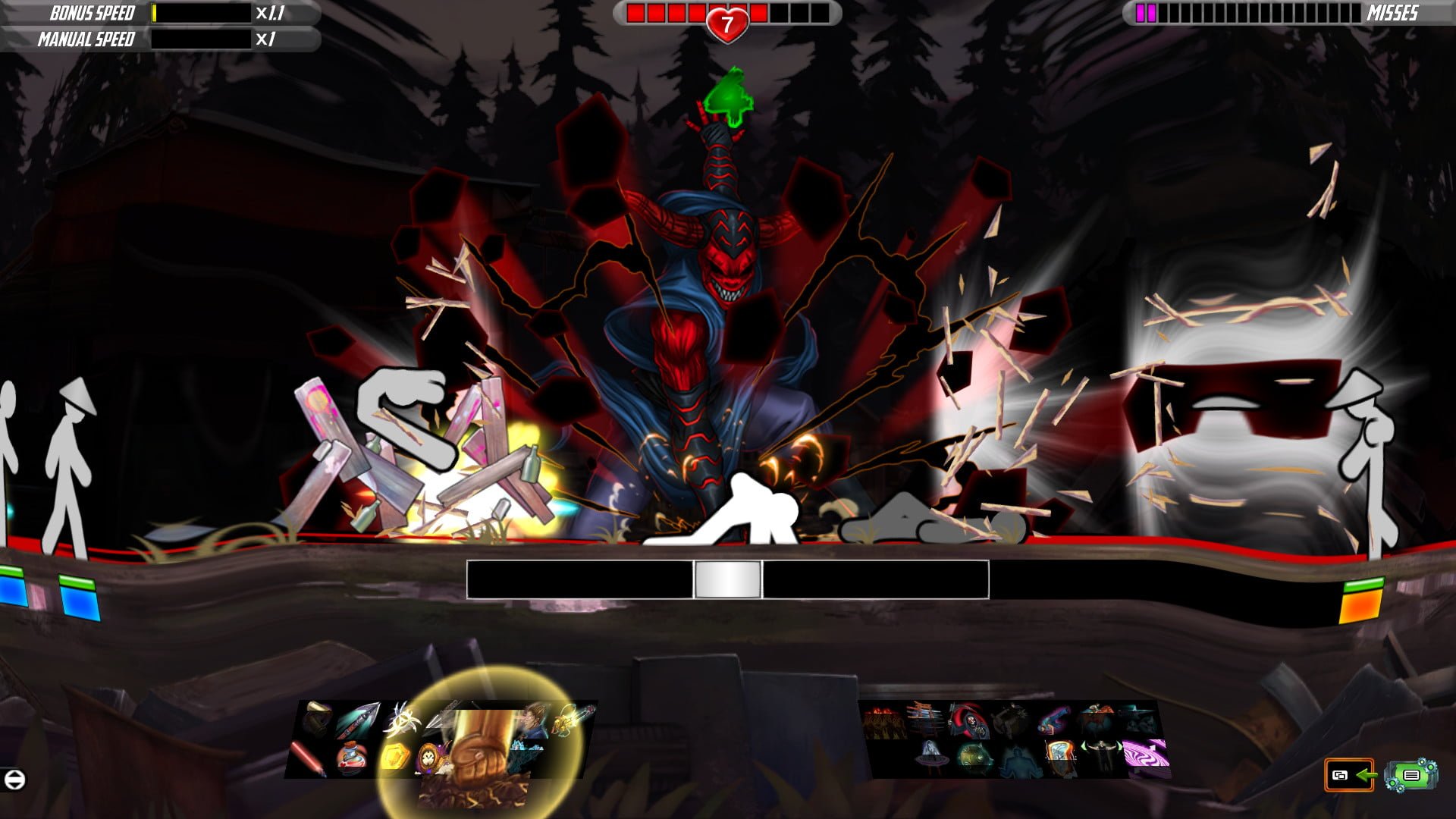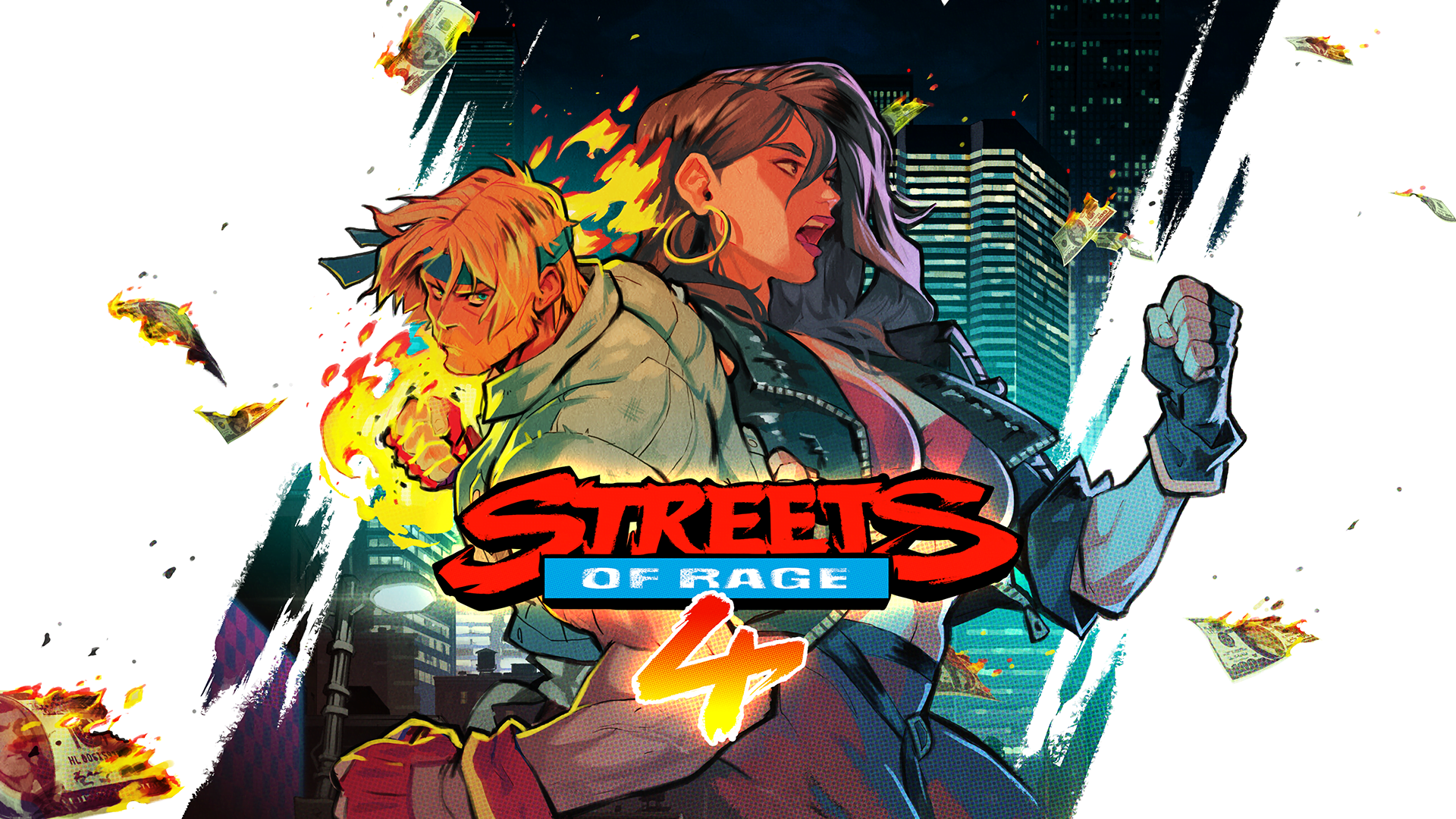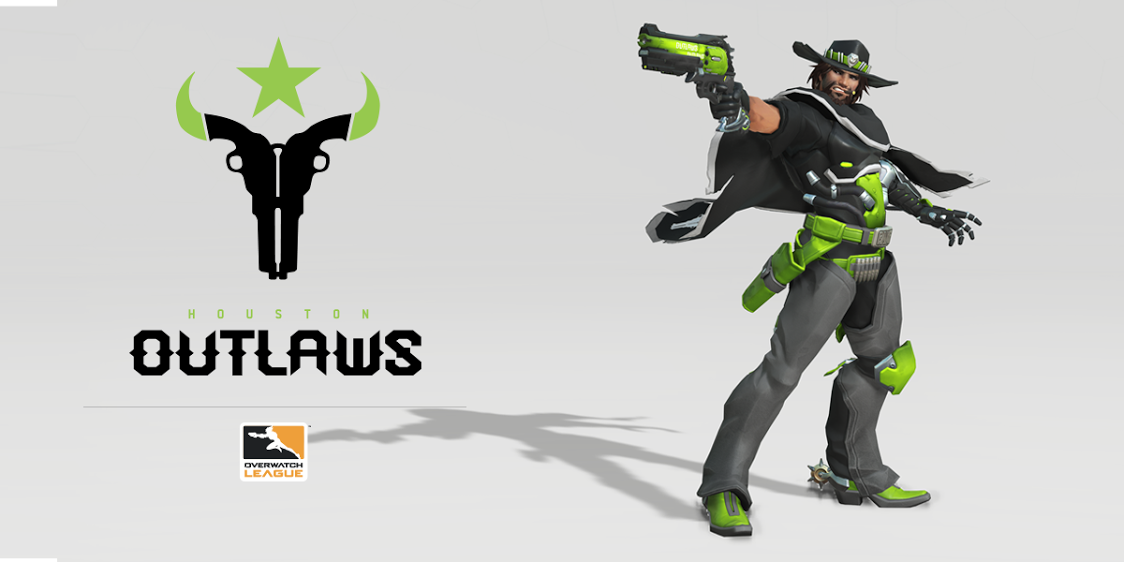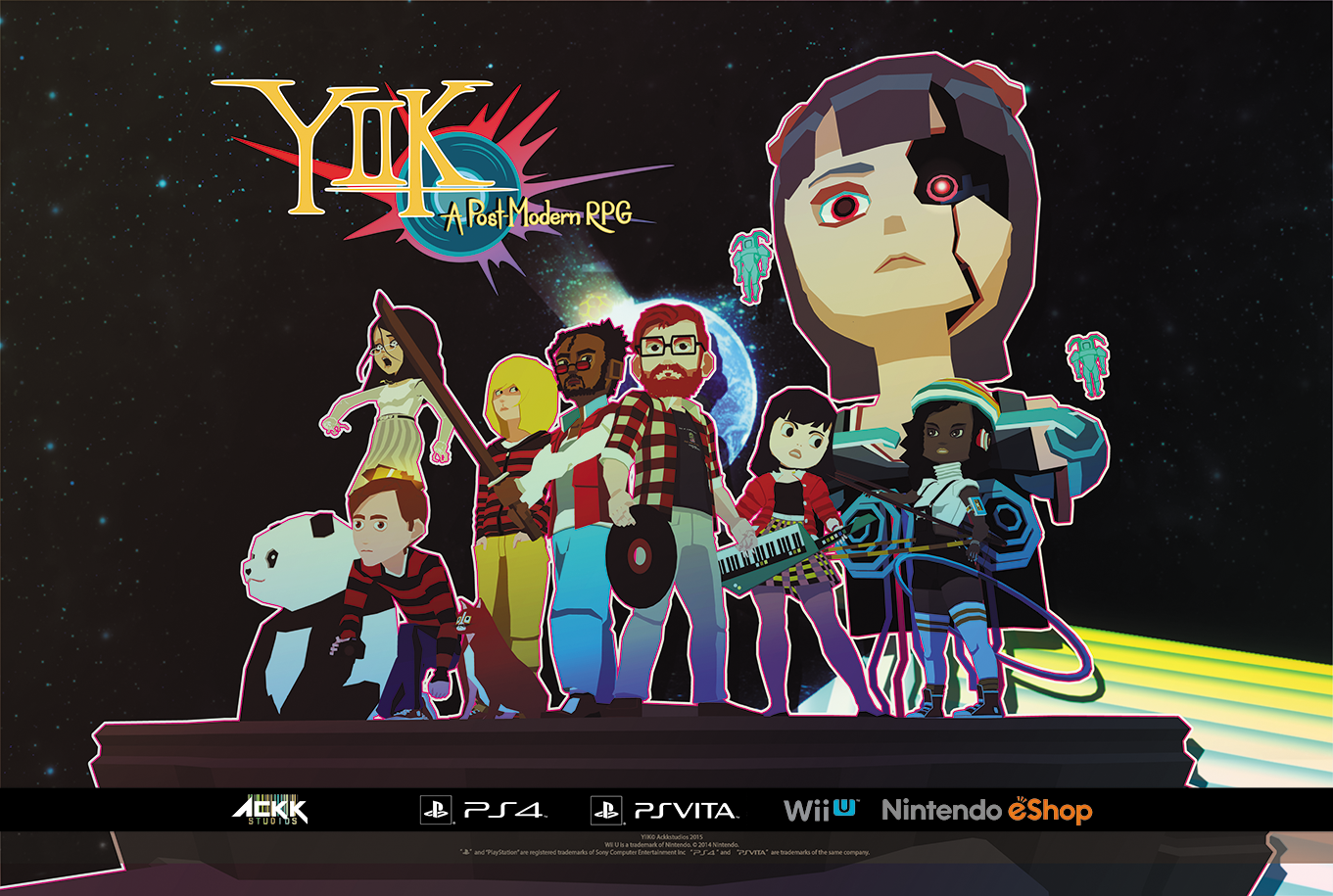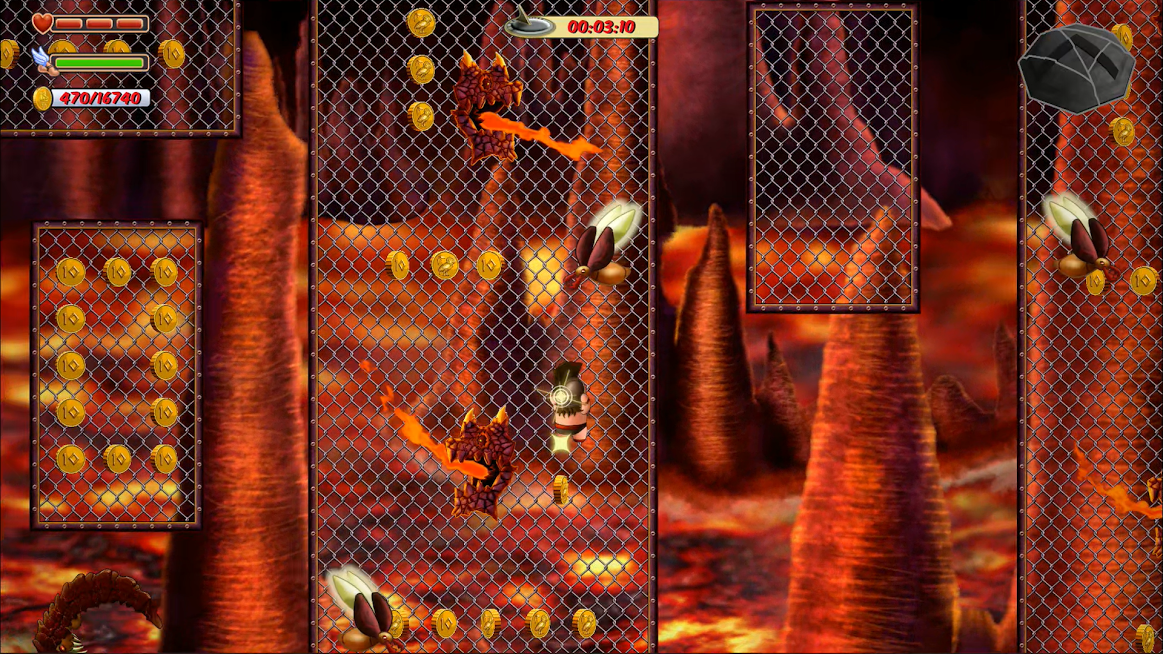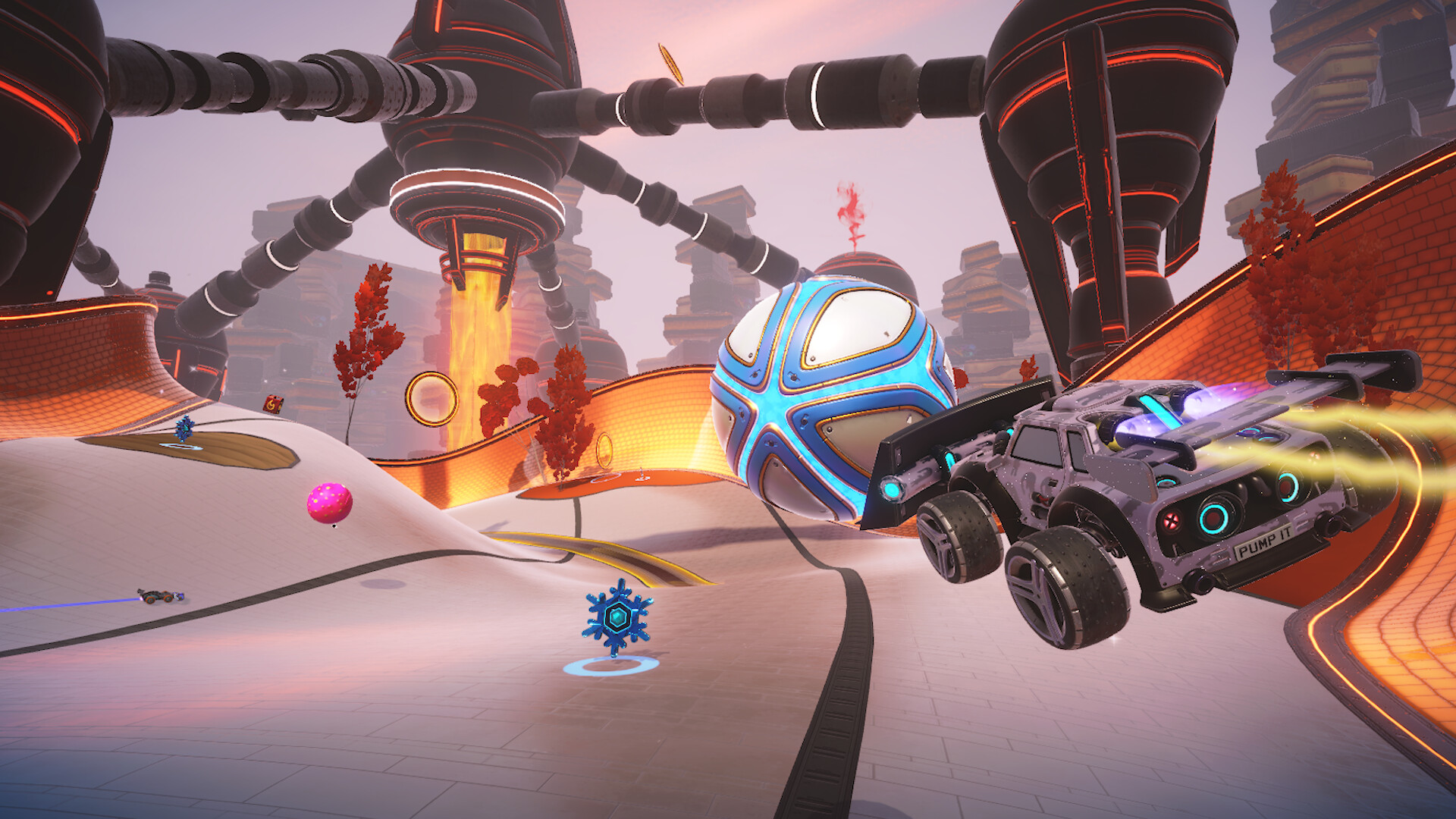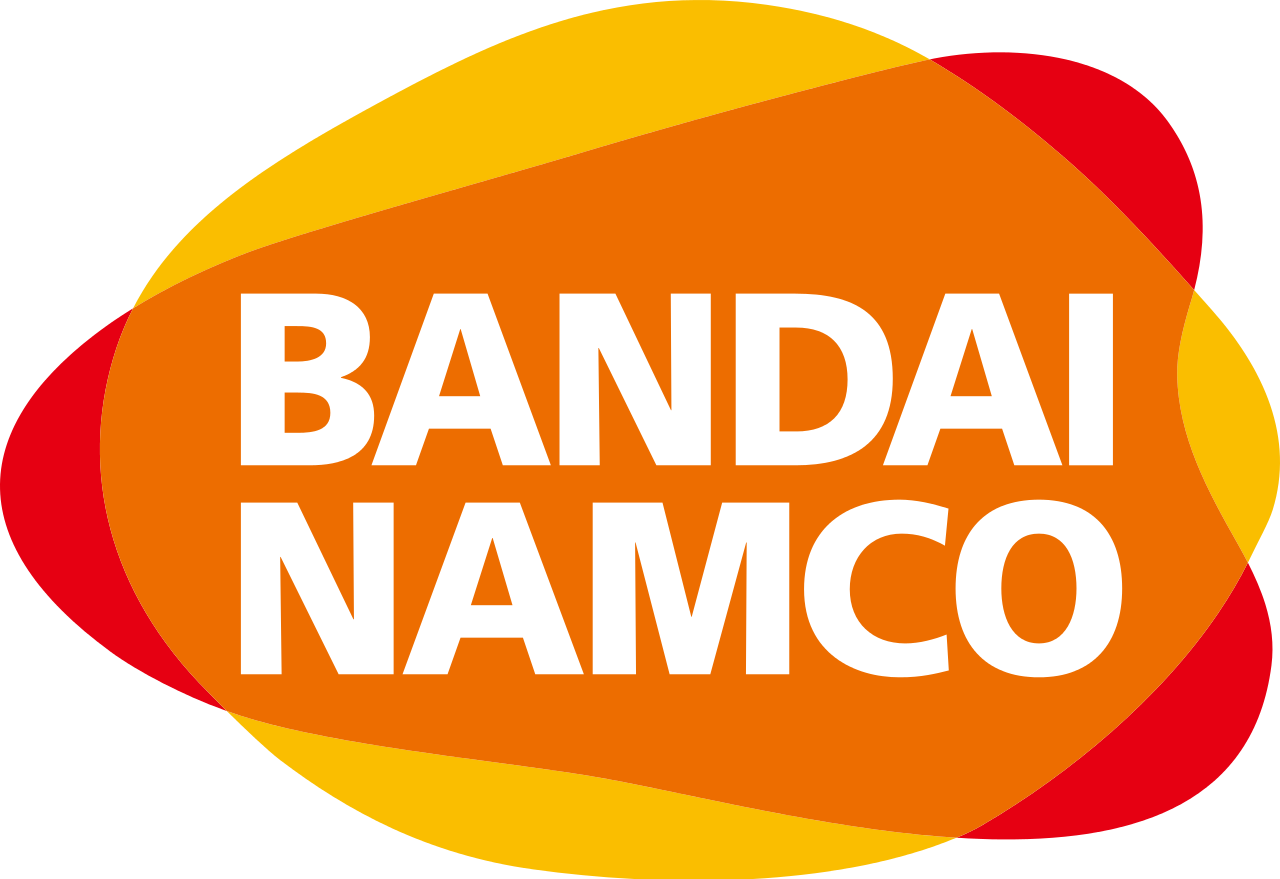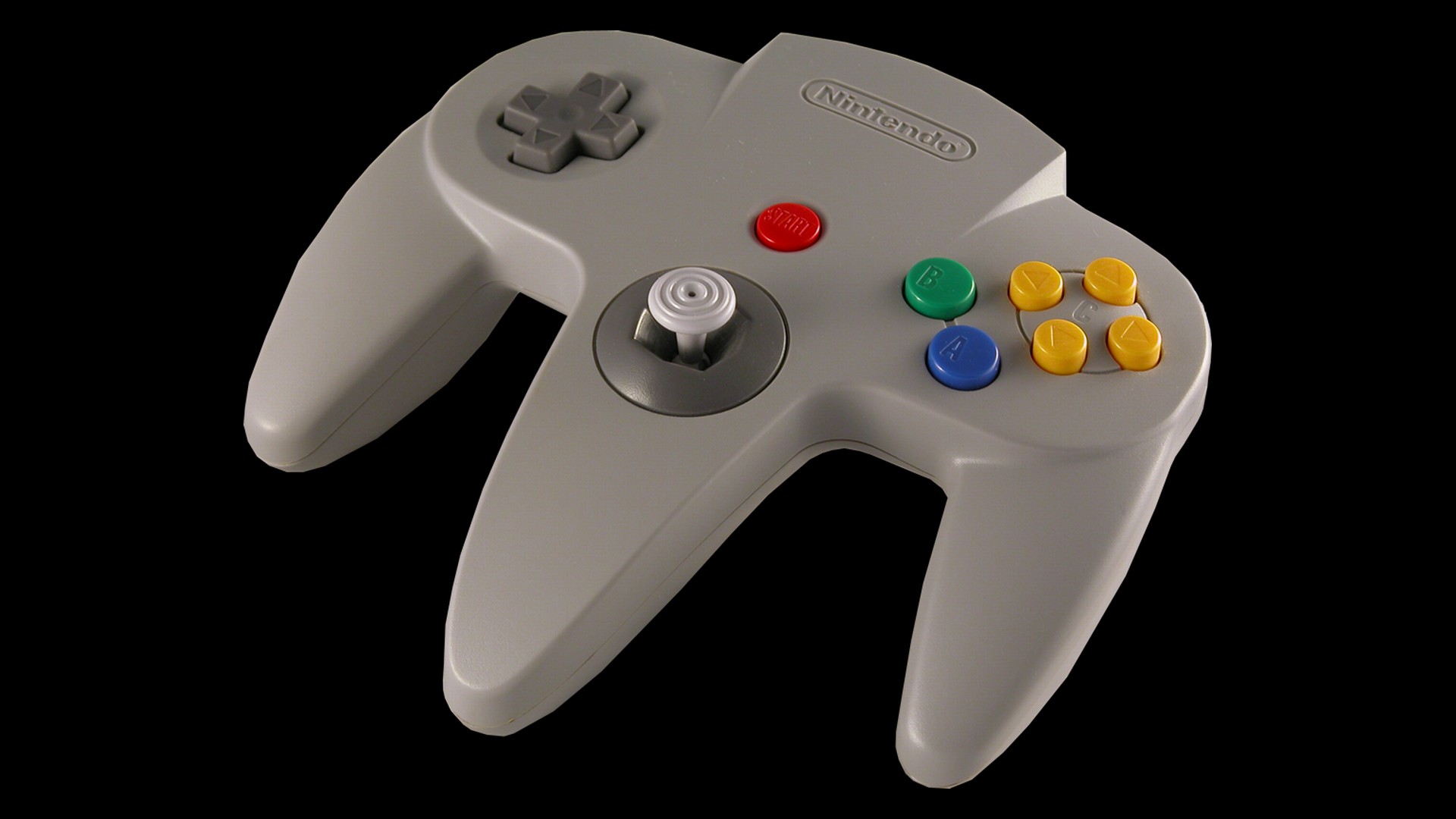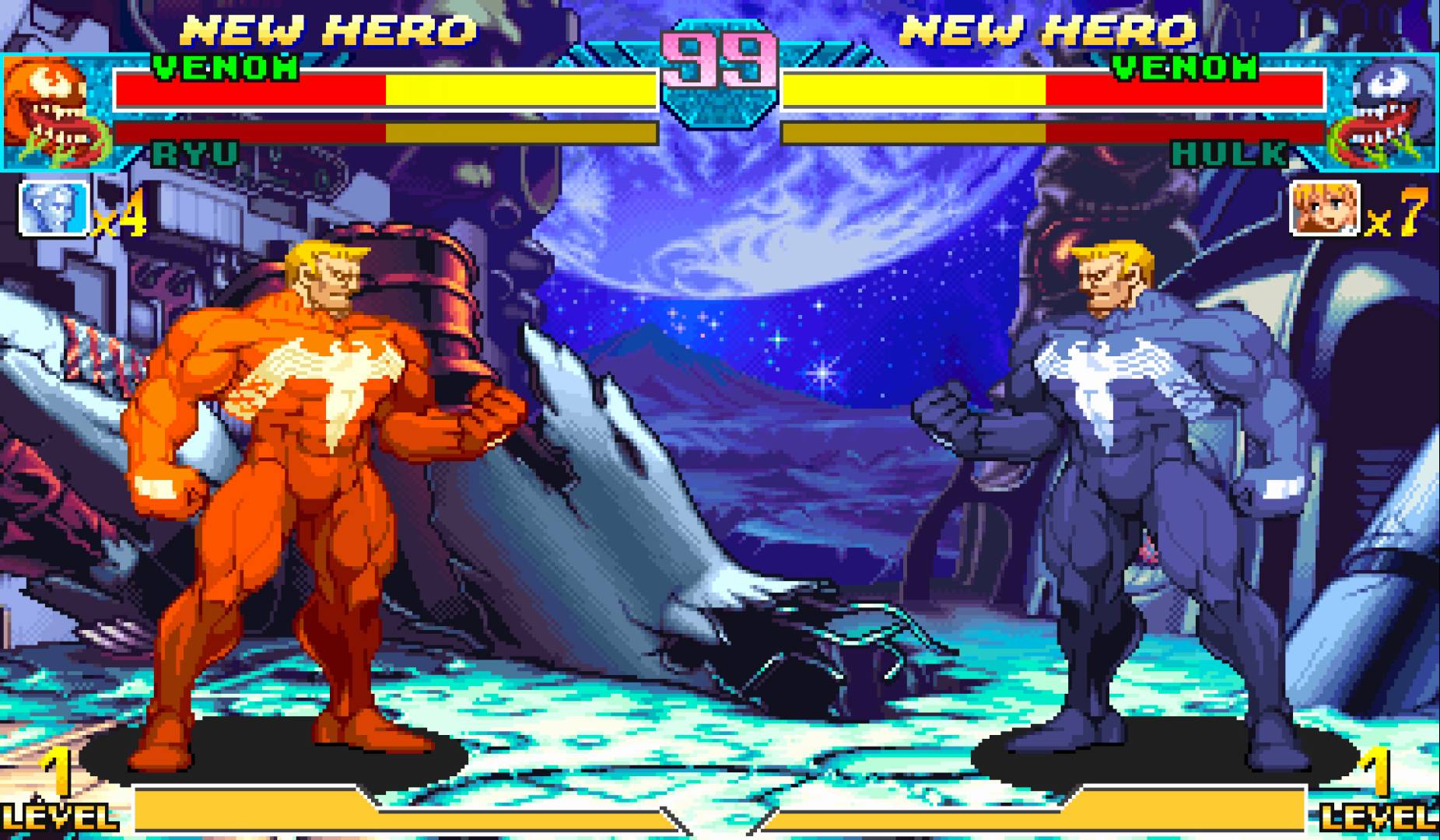A new studio has risen from the streets of Montreal and are here to introduces everyone to a million spells and a character named Zia. The game is known as Mages of Mystralia and is being shown off this weekend at PAX South. If that game already sounds good to you, you’ll be happy to know that the team at Borealys Games has experience at some of the biggest studios in the world including Ubisoft, Artiface, and Gameloft.
We sat down with Borealys Games Co-Founder Felix Cauchon at PAX South to learn a little bit more about the game?
Gaming Conviction: What was the inspiration behind Mage of Mystralia?
Felix Cauchon: Inspiration goes back to 2005. I was with my associate Patric at the university and we had this idea about a game with mages in which you could create the spell you want. When you’re looking at a movie like Harry Potter for example you’re seeing them writing on the scroll and you surely know what to do, but we want to make the player feel like a mage and learn how to understand and create magic by themselves.
GC: Where did the art style come from?
FC: Art style is very important to us. We are huge fans of The Legend of Zelda: Wind Waker and also Torchlight 2. We like things that are accessible, but yet not too childish for a large group of people. We’ve worked on the art style for more then one year to find this art direction and we’re pretty happy with that.
GC: What are some of the spells we will learn?
FC: Oh you can create millions of spells in Mages of Mystralia! Even spells that our production team hasn’t seem yet! Unlike other games, nothing is already coded, so we then figure out the combination and the effect on that. With the spell system the game autogenerates the spell personally depending on what you’re going to do. So you can do a lot of things. You can play with element, fire, behavior, you can even create a spell that will cast other spells. Whatever you’re imagination can come up with!
GC: What kind of emotions do you hope players experience while playing the game?
FC: I would say to feel like a mage, but more personally we want the player to dream like they think. To grab this controller and think to themselves ‘Can I do that?’ and just try it out and say ‘Yes! This is working!’. The game is bigger then they thought and not just a linear story that you are following. A game that will always impress the player themself when they play around with the game. So this is the kind of game we want to achieve and we’re pretty happy with the reception so far. I think we’re hitting the bell.
| Original content here is published under these license terms: | X | |
| License Type: | Read Only | |
| License Abstract: | You may read the original content in the context in which it is published (at this web address). No other copying or use is permitted without written agreement from the author. | |


